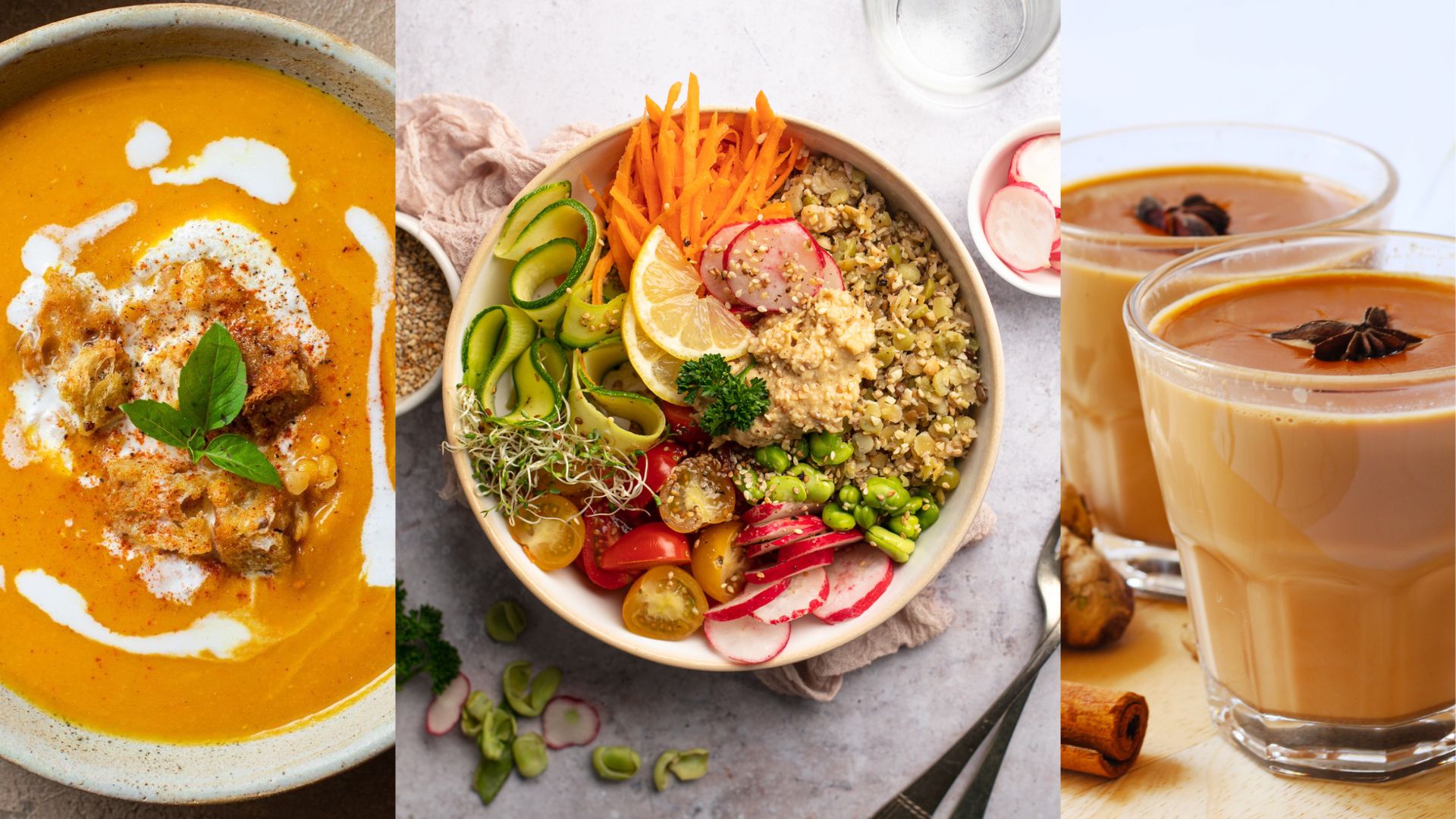
Having a selection of the best foods to eat before menopause in your diet can help alleviate common symptoms and long-term effects, such as hot flushes, bone and muscle mass loss, and sleep problems.
Menopause is considered to be the day exactly one year after your last period, so while we use the word to refer to the entire time period where levels of oestrogen and progesterone are in decline, it's actually just a day. Perimenopause is the period leading up to menopause, typically starting between 45 and 55 years of age, and it comes with many symptoms that can be lessened by various lifestyle changes.
There are dietary changes you can make to get the most out of the food you eat leading up to menopause to help reduce common perimenopause symptoms.
32 foods to eat before menopause
1. Milk
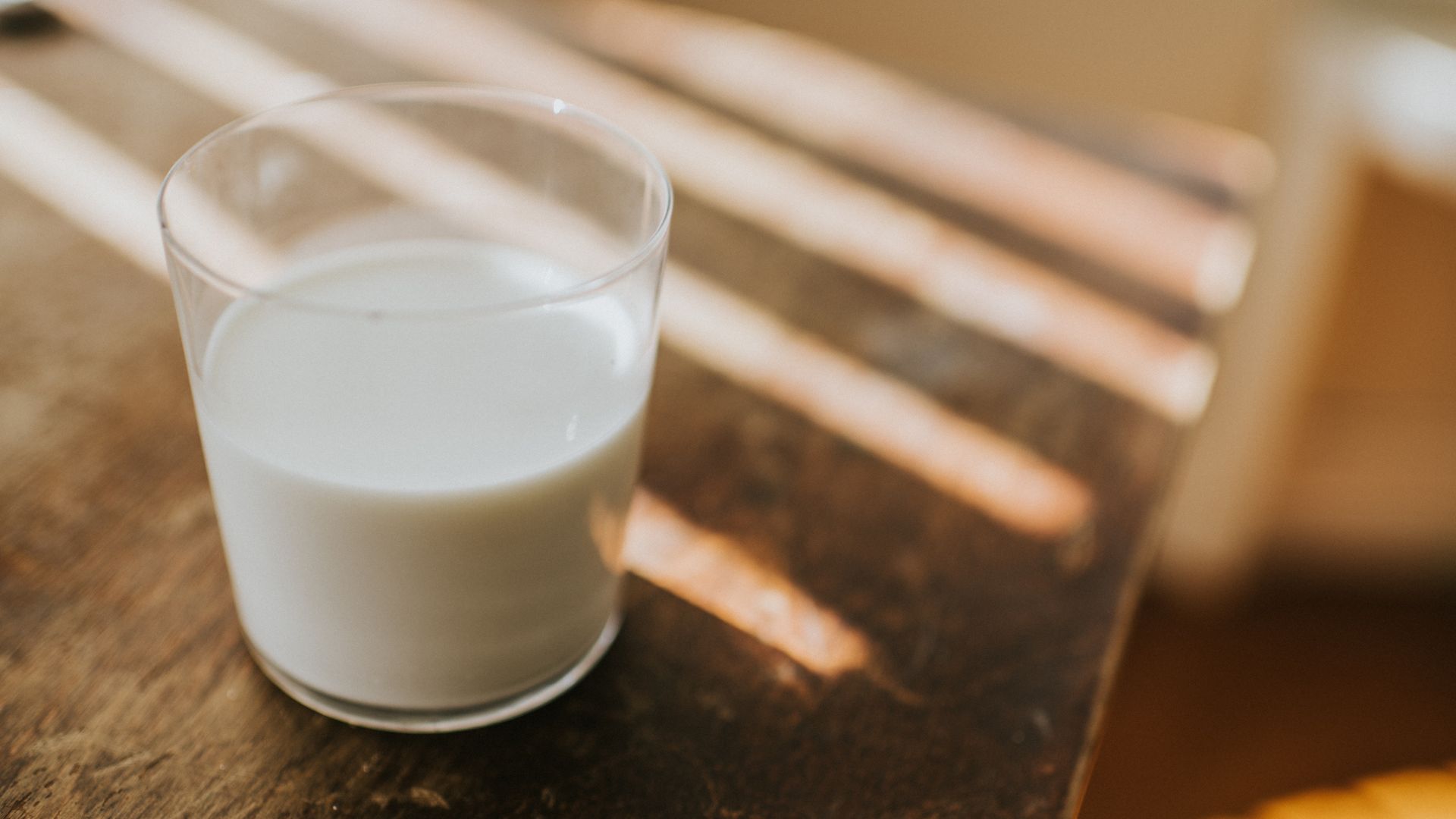
Oestrogen levels decline in menopause, which impacts bone density and it can increase the risk of bone fracture.
Dairy products like milk are a great addition to your diet during perimenopause as they contain calcium, potassium, magnesium, phosphorus, and vitamins D and K. These all help to improve bone health.
2. Avocado
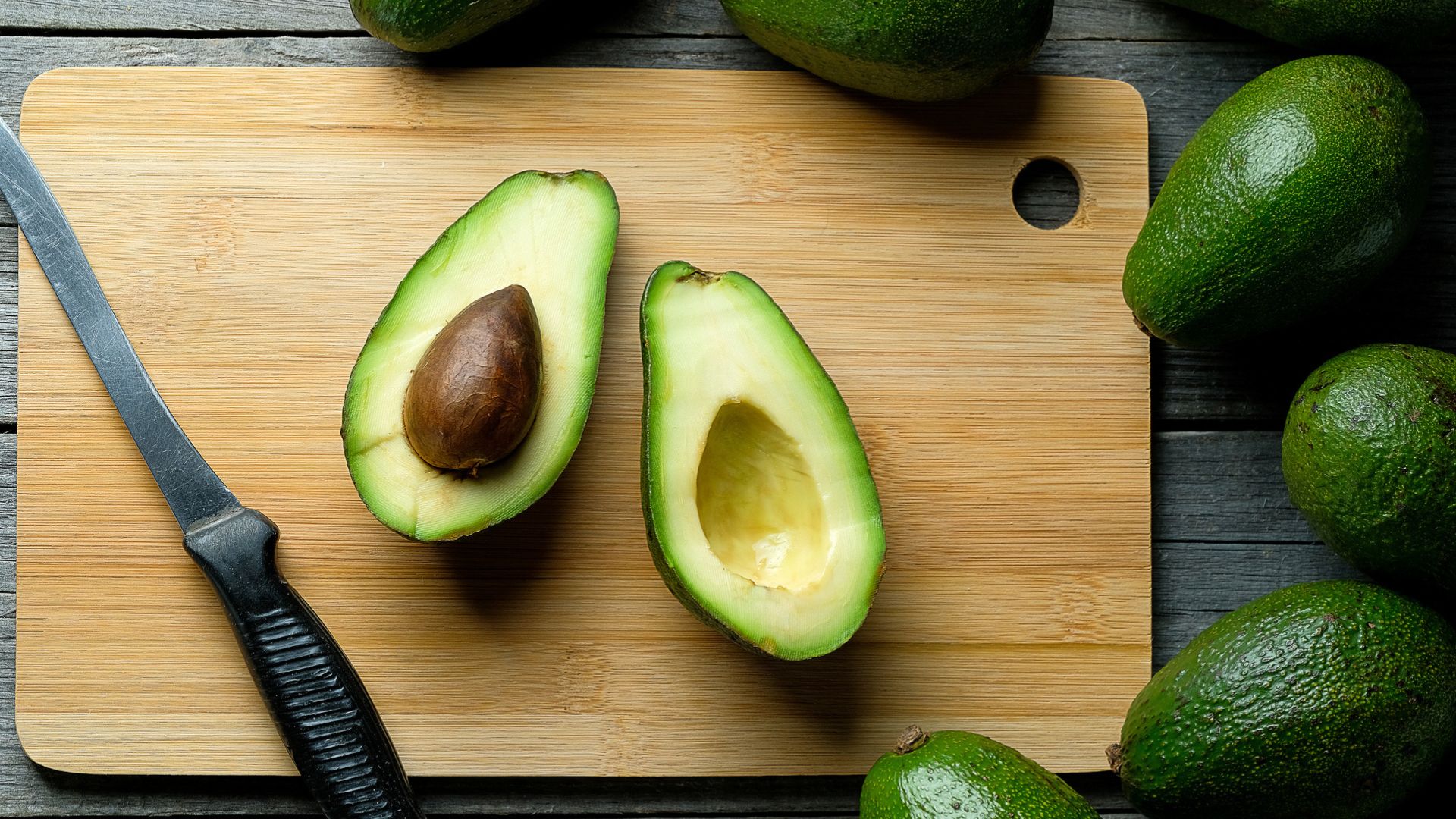
Avocado is a delicious and nutritious staple in many diets designed to help with menopause symptoms. They offer good amounts of healthy fat, fibre, vitamins and minerals, including plenty of vitamin E and potassium. These two may help to regulate your blood pressure and help the body to maintain a balance of electrolytes. Together, they may help to reduce the severity of hot flashes.
3. Yogurt
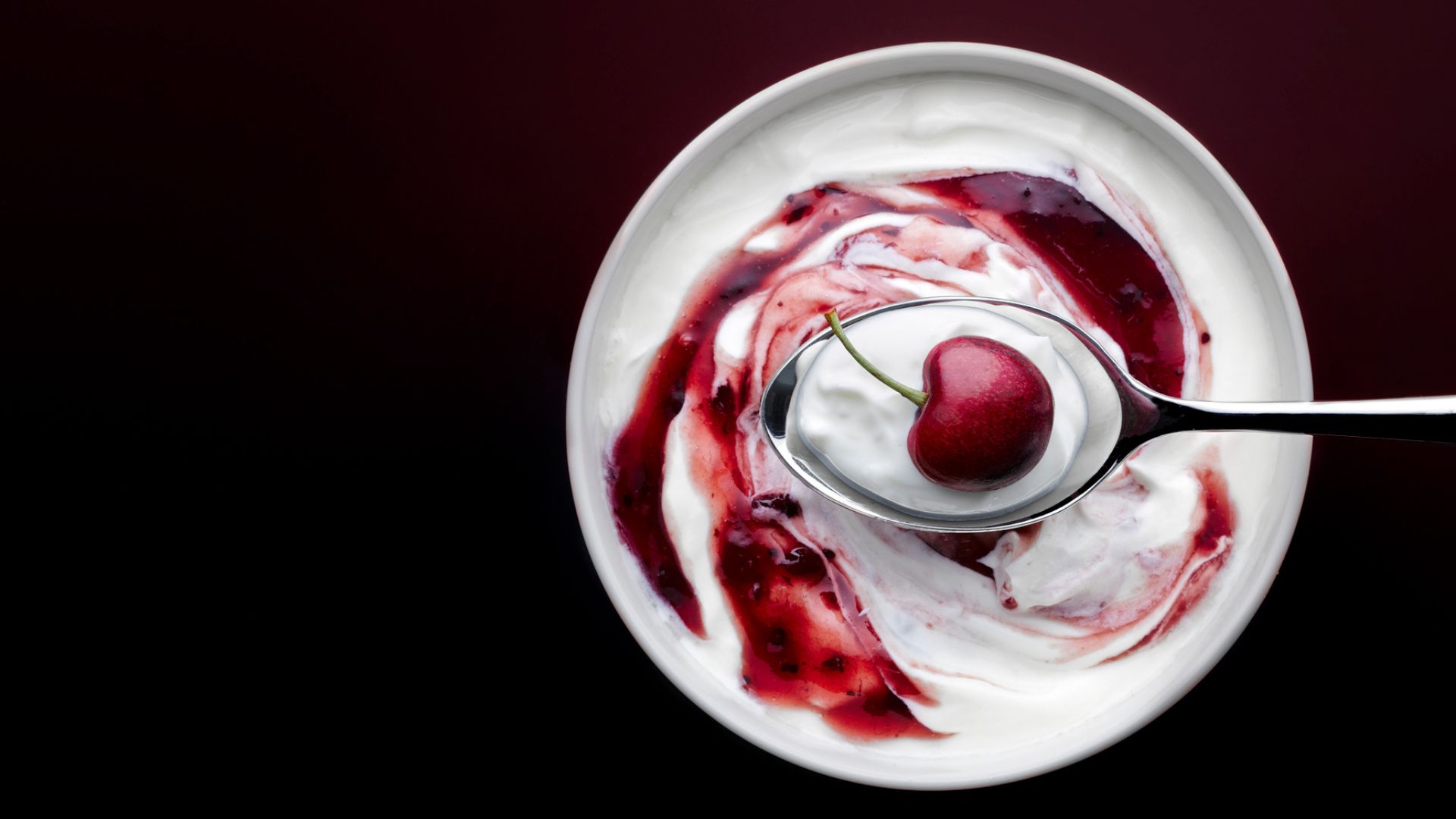
Yogurt is an excellent addition to your diet if you're going through perimenopause as it's a dairy product. Dairy products are rich in sleep-inducing magnesium, an important mineral for those struggling to drift off thanks to changing hormone levels.
It's also rich in vitamins D and K, phosphorus, calcium, and potassium, all of which are important for the maintenance of healthy bones.
4. Salmon
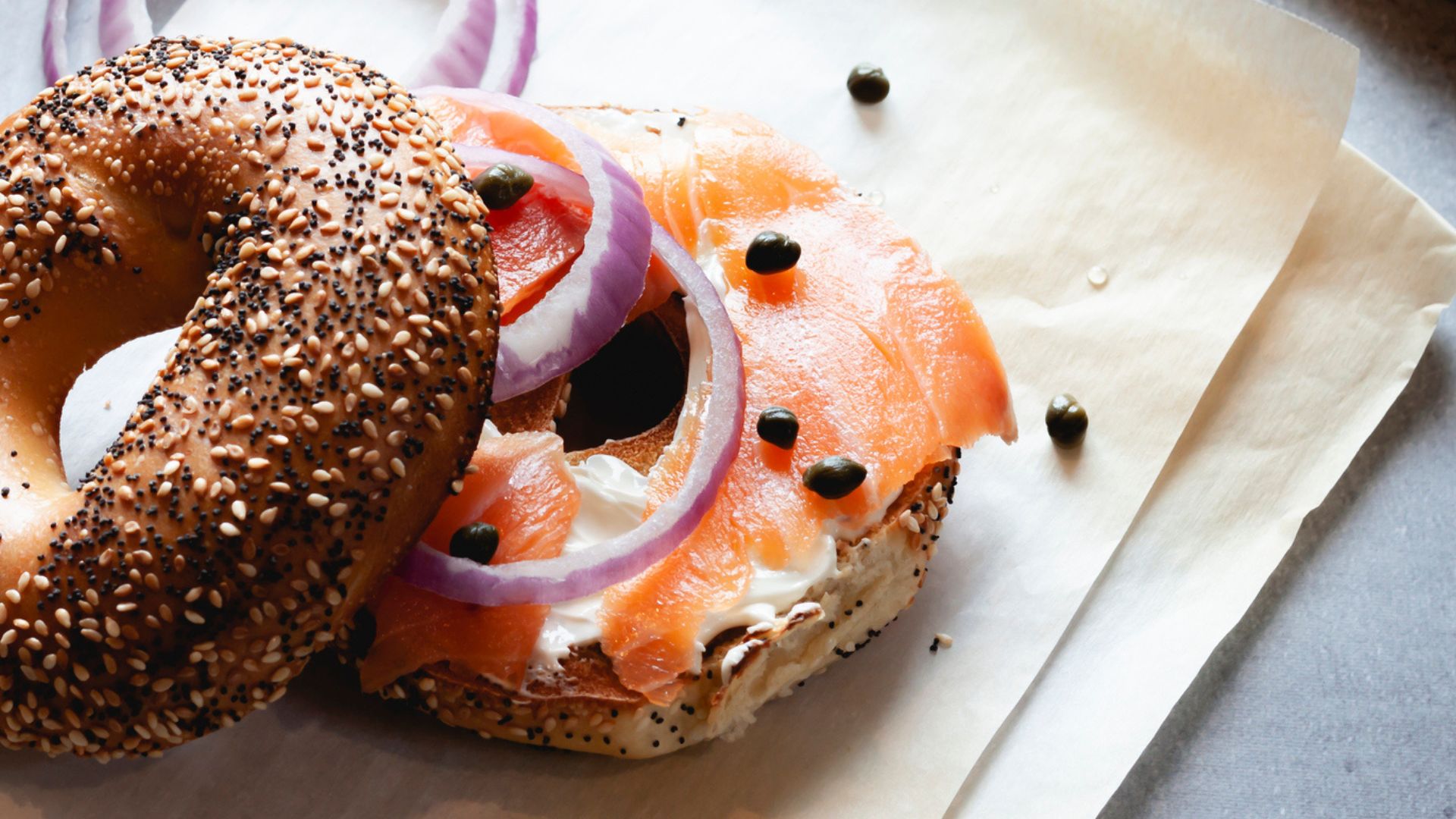
Salmon is rich in several vitamins and minerals that make it a great addition to any pre-menopause diet. For one, it's rich in omega-3 fatty acids and according to research by Sookmyung Women’s University, this is linked to better health among menopausal women.
Also, post-menopausal women who have coronary heart disease or diabetes tend to have lower levels of omega-3 than those without these conditions, suggesting a possible link.
5. Mackerel
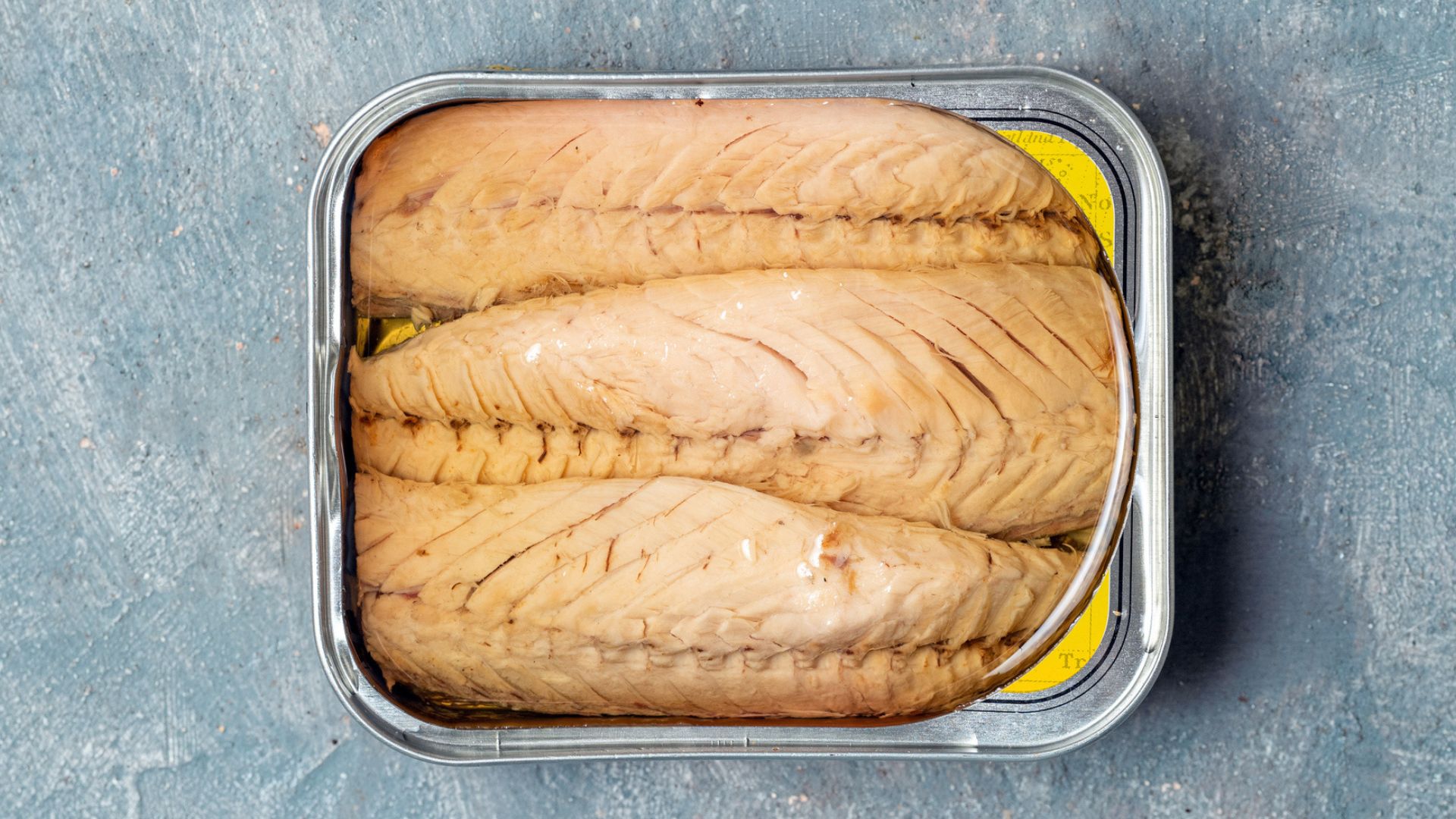
Mackerel is another fish rich in healthy fats and omega-3 fatty acids, which are linked to better health among women going through menopause. It's also an excellent source of other essential vitamins and minerals, such as B2, B3, B6, and B12 - which may help to prevent strokes, cardiovascular disease, and dementia - and vitamin D.
It's also a good source of protein, which is hugely beneficial as it contributes to the maintenance of healthy bones.
6. Cheese
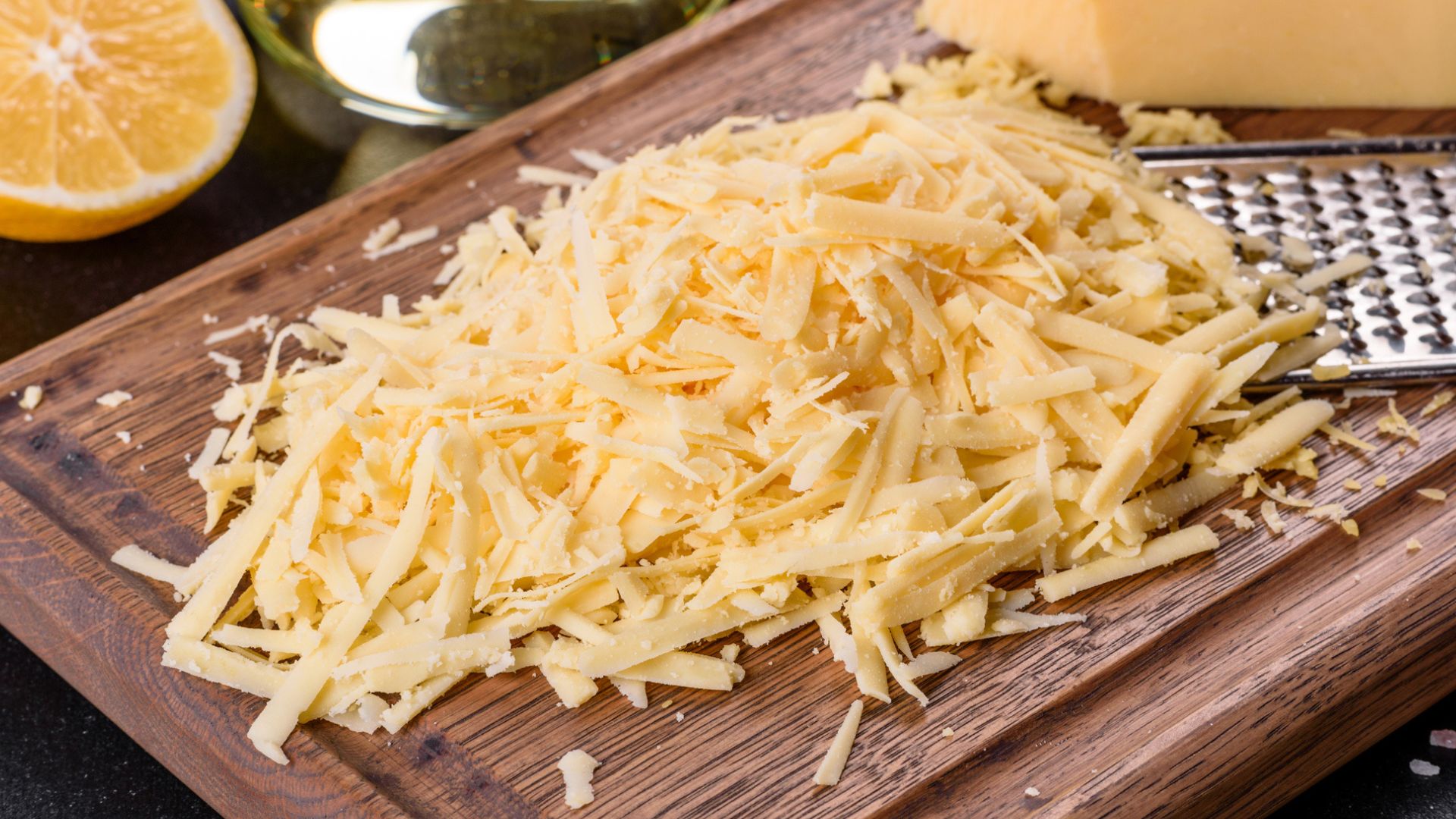
Cheese is one of the dairy products recommended for those going through perimenopause as it's rich in vitamins D and K, magnesium, and calcium.
A study from Geneva University of nearly 800 post-menopausal women found that those who ate more dairy and animal protein had much higher bone density than those who ate less. This is important as a lack of bone density can lead to bone fractures.
7. Anchovies
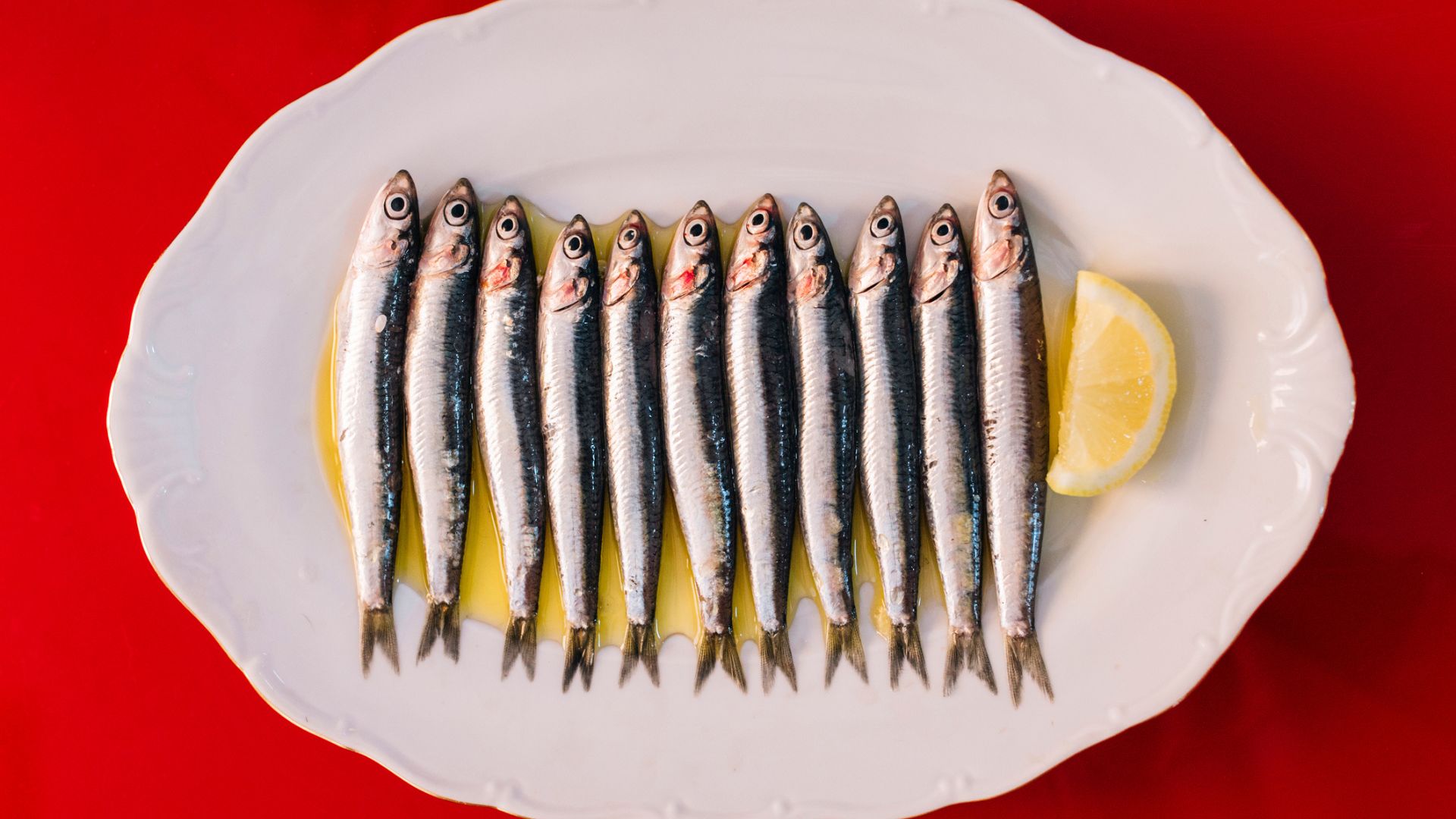
Some types of tinned fish, including sardines and anchovies, have good levels of vitamin D. According to a study by the University of Massachusetts Amherst, women with higher intakes of vitamin D and calcium were 17% less likely to go through early menopause (menopause under 45 years of age) than those with a mineral-rich diet.
8. Flaxseeds
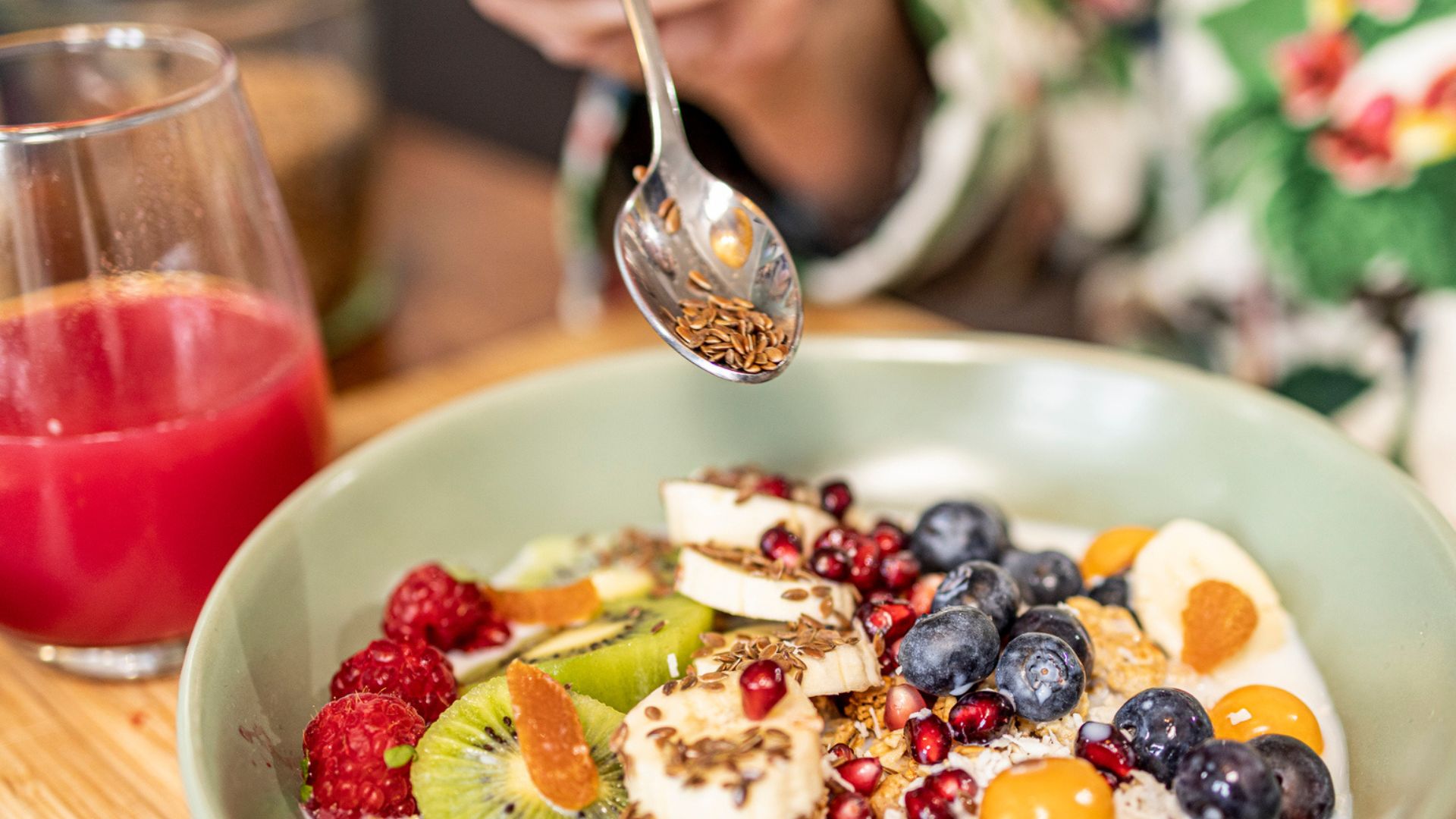
Flaxseeds are rich in omega-3 fatty acids and healthy fats. These are essential for those going through menopause, research suggests. In fact, according to Mount Sinai, one (small) study found that 40g of flaxseed worked just as well as HRT for mild symptoms of menopause - including hot flashes, vaginal dryness, and mood disturbances.
9. Brown rice
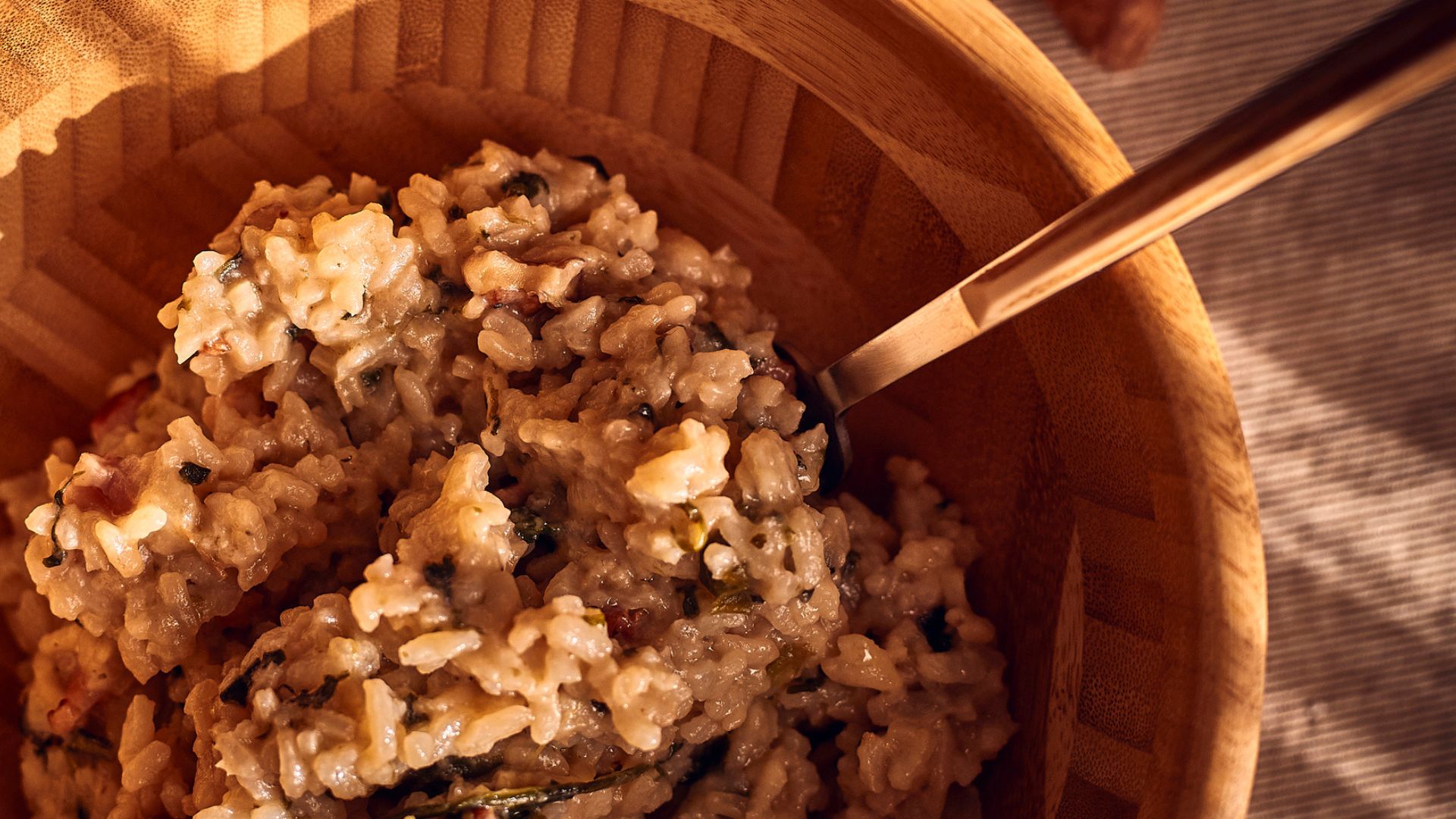
Brown rice is one of the most accessible whole grains you can add to your diet. Whole grains are those rich in nutrients like fibre and B vitamins - including thiamine, which helps the body withstand stress, and niacin, which helps the nervous system and the digestive system.
A whole grain-rich diet is also associated with better health generally, including a decreases risk of heart disease, cancer, and even premature death.
10. Peanuts
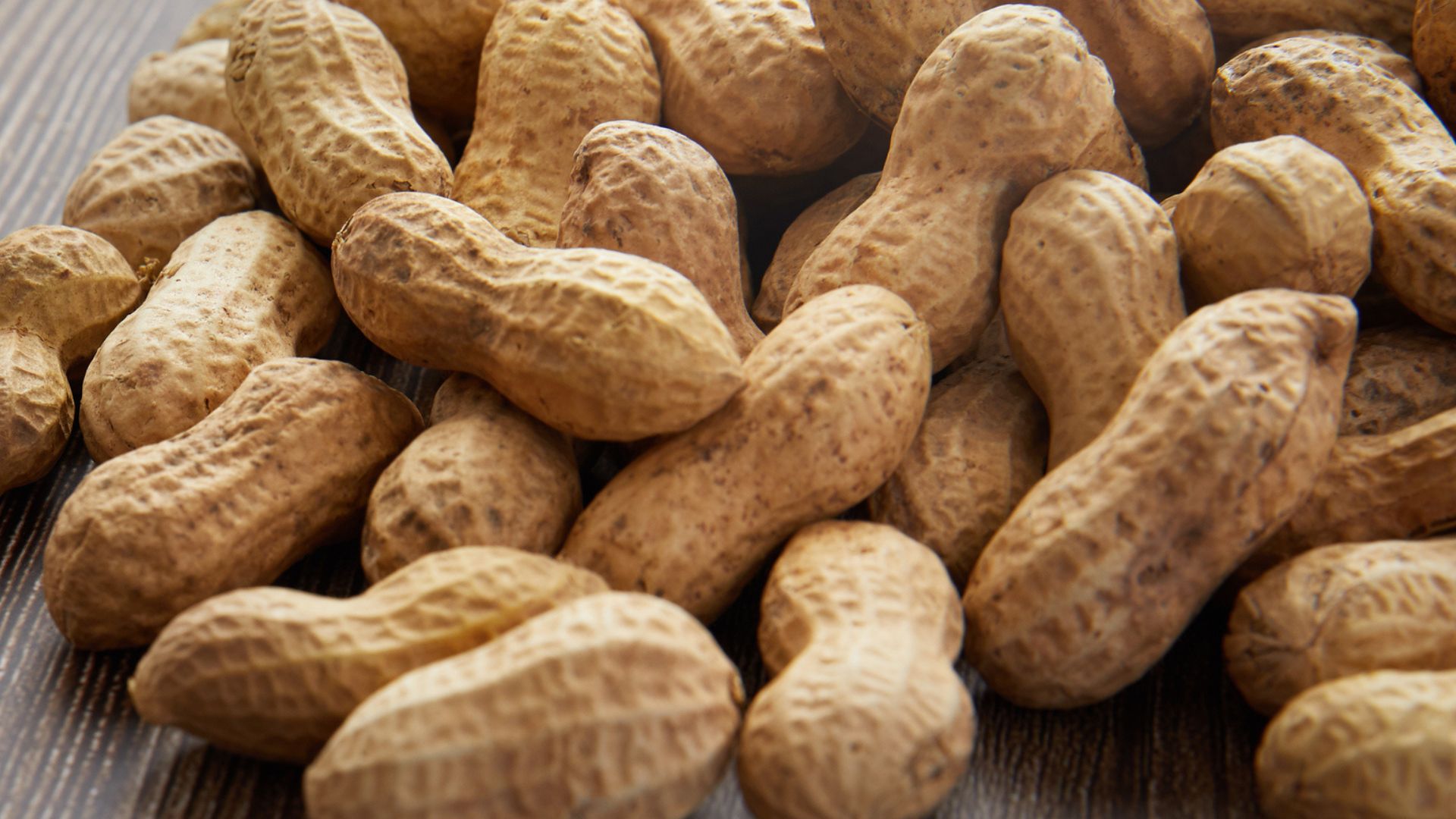
Peanuts are more than just a nut - they are closely related to the soybean. Soy is rich in phytoestrogens, a plant compound that can mimic the effects of oestrogen, and so are peanuts.
To get the most benefits from the peanut, it's best to eat them raw, straight out of the shell. When peanuts are blended into butter and mixed with other ingredients, especially those high in sugar, oils and other fats, they can lose some of their beneficial properties.
11. Chia seeds
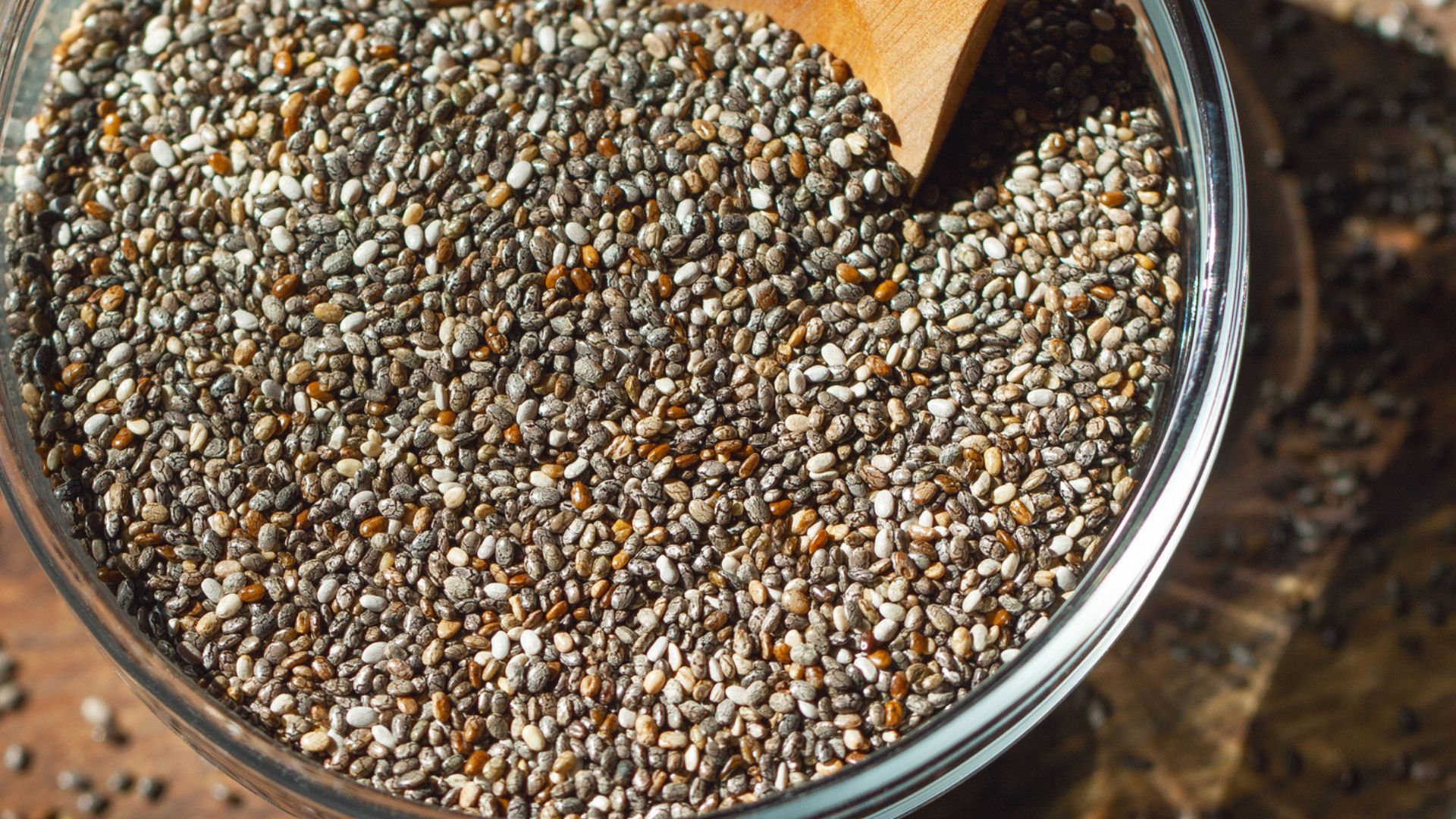
Chia seeds are perhaps one of the best foods for those about to go through menopause. These small black seeds are rich in omega-3 fats, magnesium, phosphorus, calcium, and potassium - all of which are useful during this life stage.
Much like oats, chia seeds are a versatile food as you can simply add dairy milk to them and turn them into a nutritious, filling breakfast or afternoon snack that can help support perimenopause.
12. Whole wheat bread
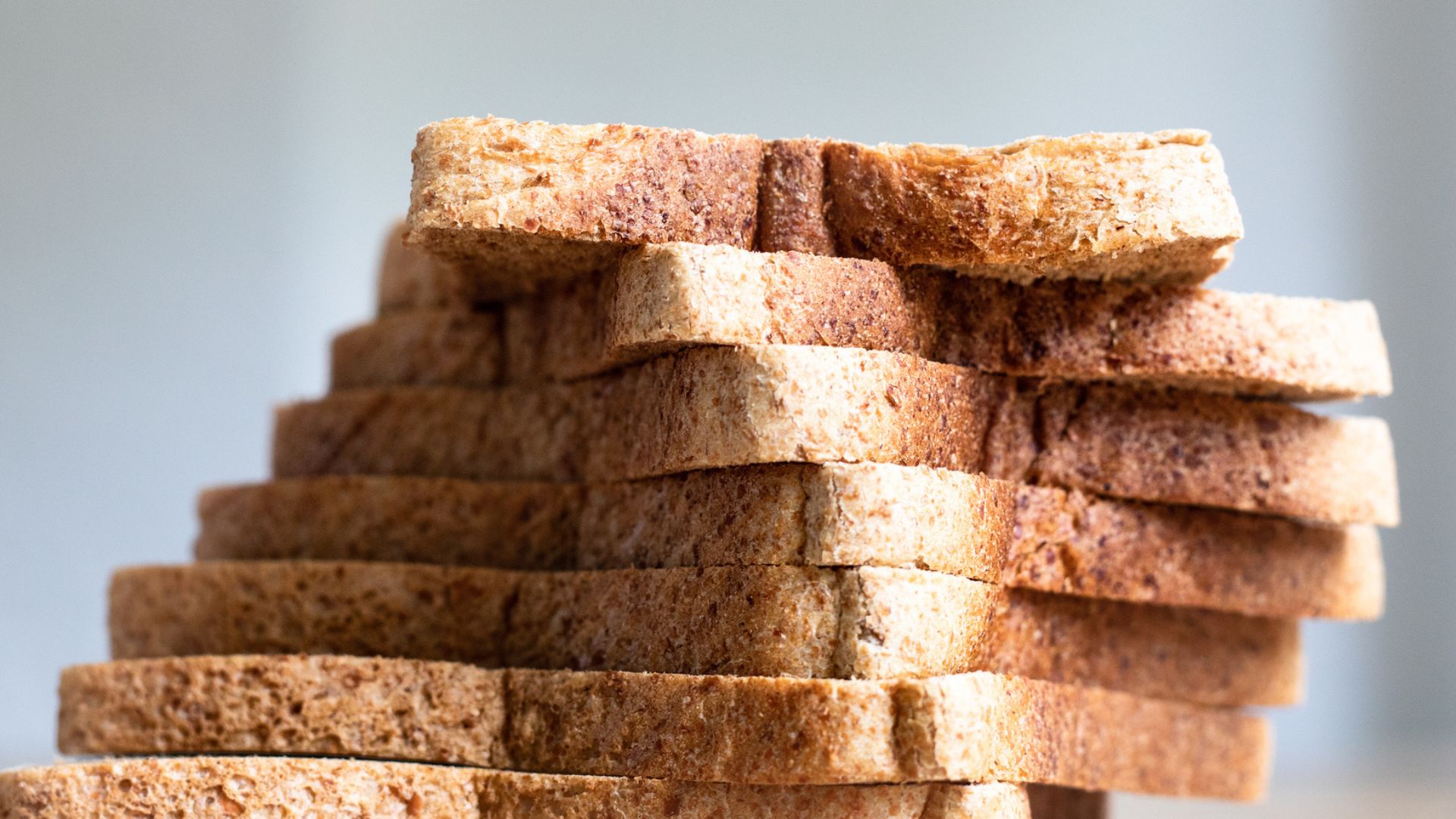
Whole wheat bread is another example of an excellent whole grain. Whether homemade, bakery-bought, or shop-bought, whole-grain bread is a versatile addition to any pre-menopausal diet.
According to a 2021 review by Universidade de São Paulo, those who eat more whole grains, unprocessed foods, and vegetables have less severe symptoms of menopause than those who eat less of these foods.
13. Hemp seeds
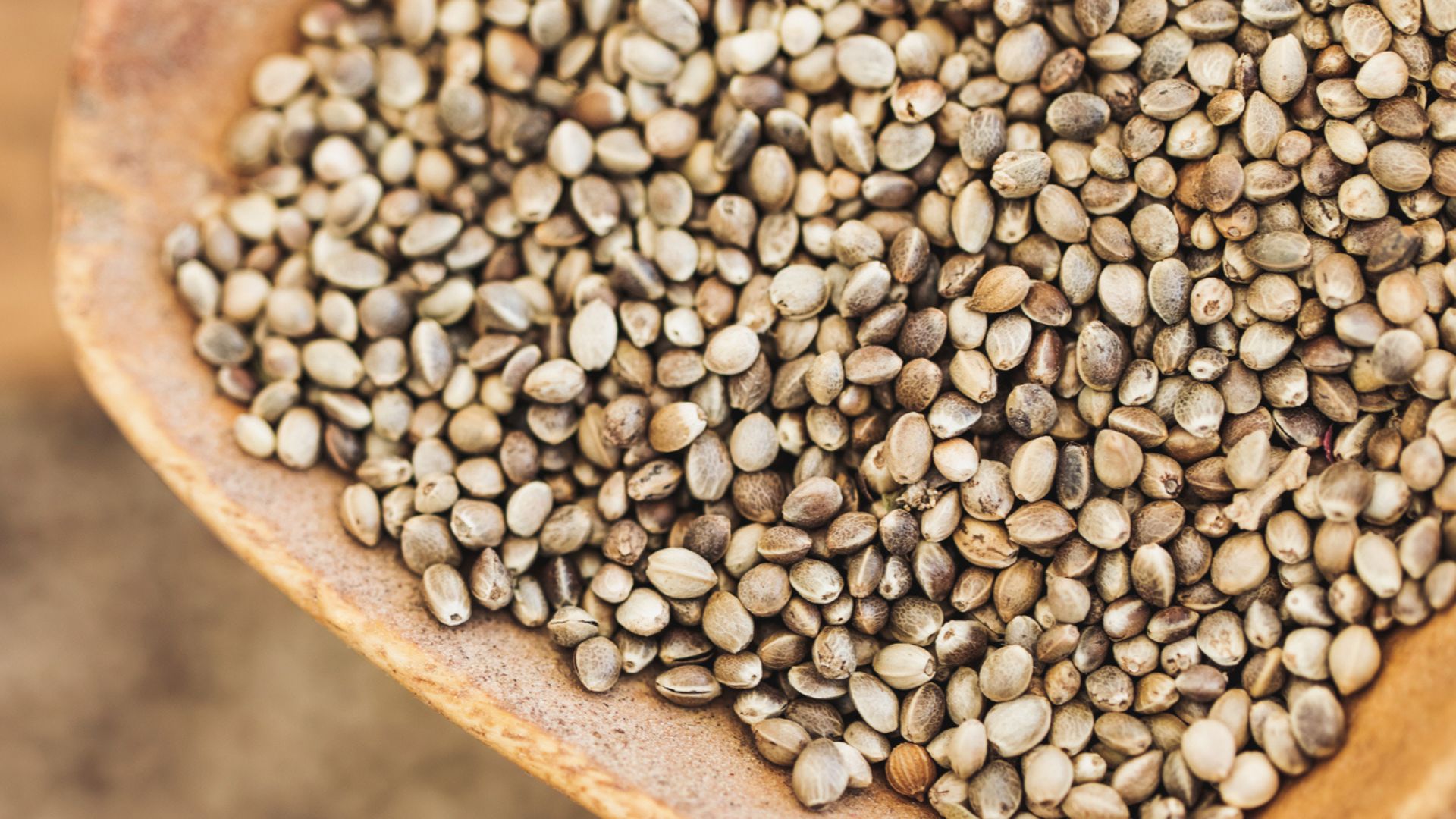
Hemp seeds contain amino acids, fibre, vitamins and minerals that have a positive influence on hormone health. These small seeds, which are perfect for scattering on your morning porridge or in a smoothie, also contain an omega-6 fatty acid called GLA, which may help with menopause symptoms and inflammation.
14. Soybeans
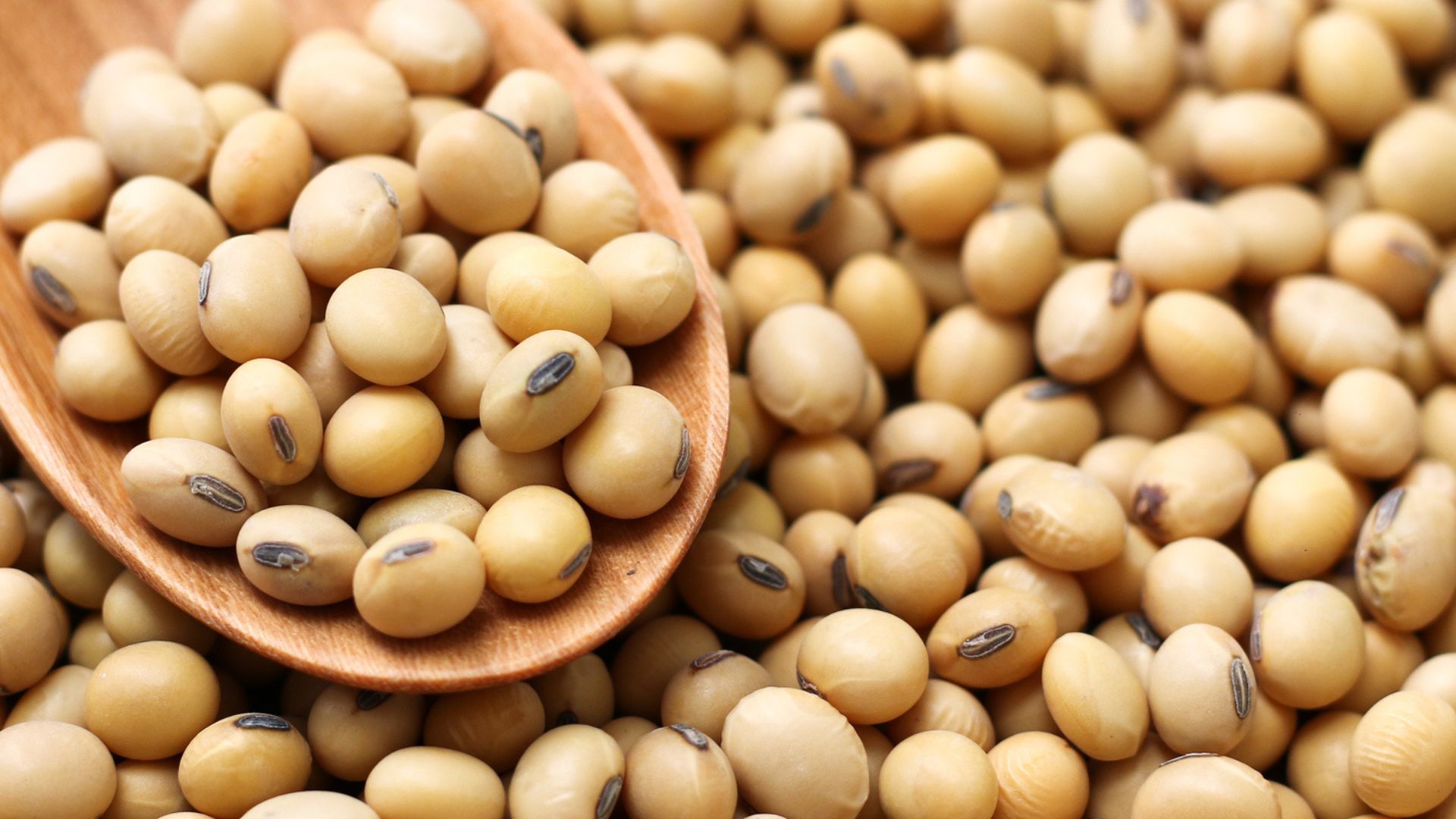
Soybeans are one of the best foods to include in a pre-menopausal diet as they contain healthy levels of phytoestrogens - compounds that act as weak estrogens in the body.
There has been some controversy around these beans in recent years but recent research suggests they positive benefit the health of perimenopausal women. They can help improve bone health and may lower the risk of cardiovascular disease, for example.
15. Grapes
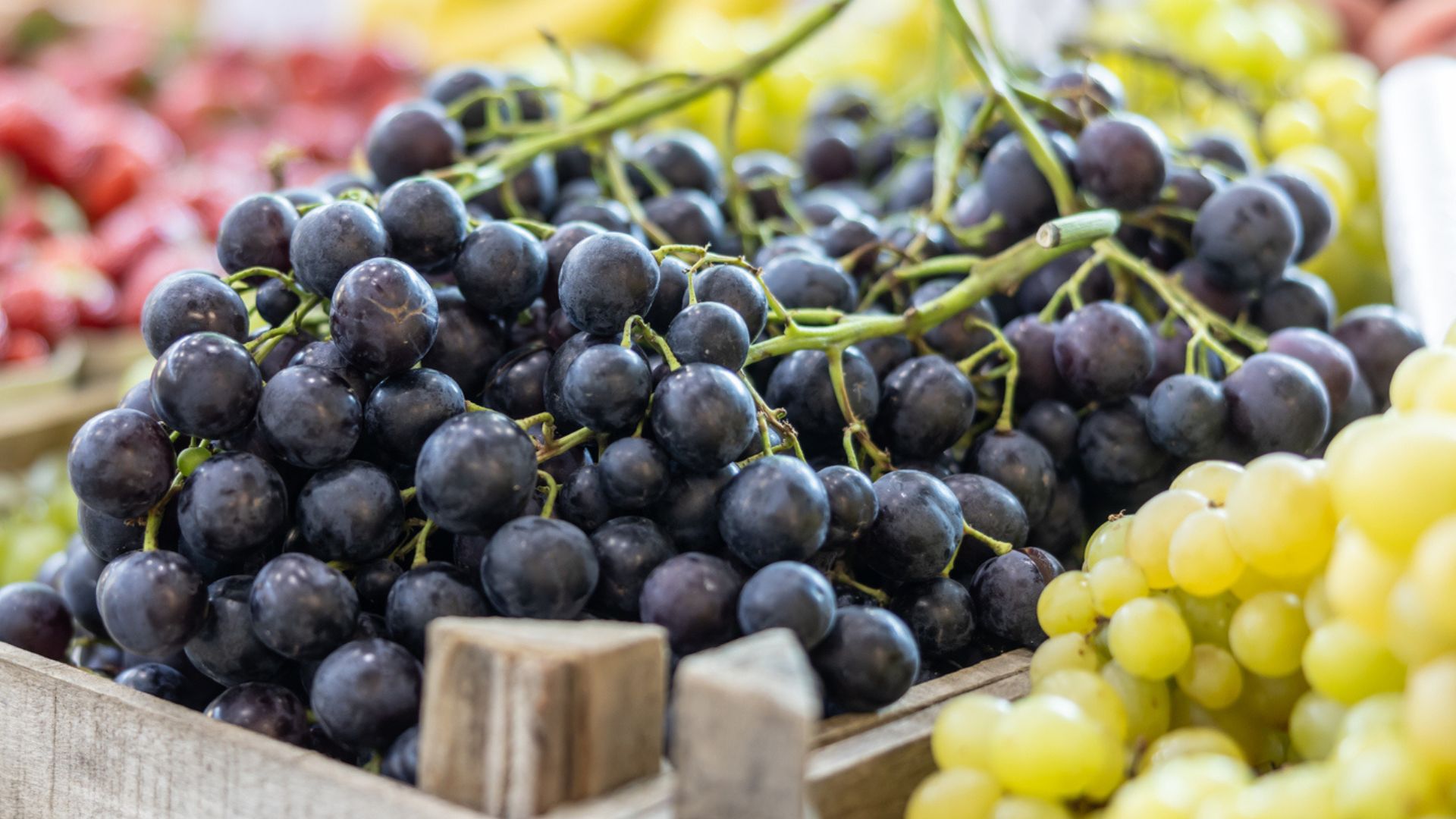
Grapes are rich in phytoestrogens, compounds derived from plants that are structurally similar to the hormone. These act as weak substitutes in the body that offer a wealth of health benefits.
They are also a powerful source of antioxidants and have been known to support heart health and eye health, and even to boost brain power. Look no further for the perfect snack!
16. Barley
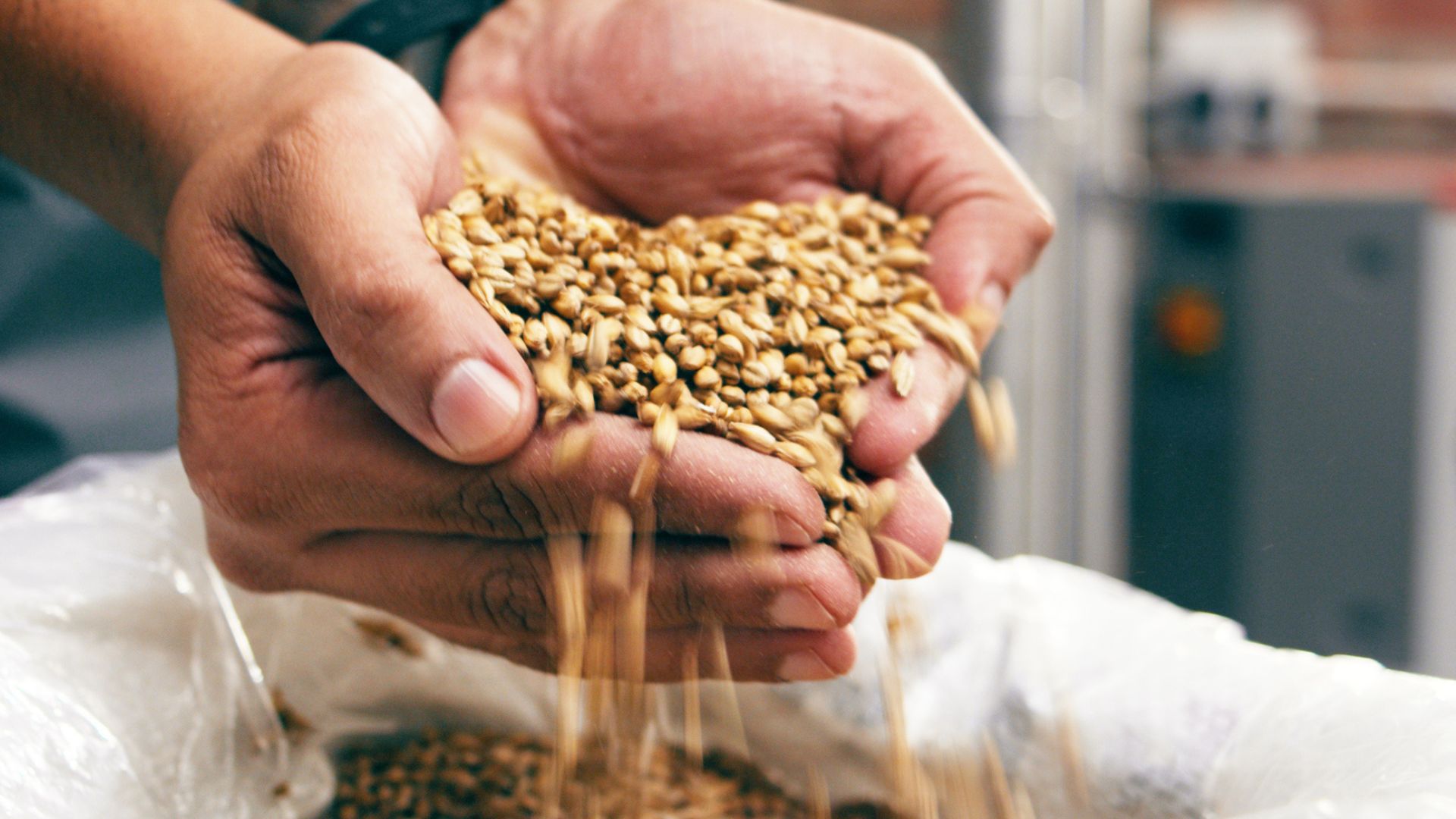
Barley isn't as popular a whole grain as other types like brown rice or whole wheat bread but it has a range of nutrients that may help those about to reach menopause. For instance, it's rich in B vitamins and fibre, both of which are important to maintain a healthy nervous system and mood.
Fibre also helps the digestive system and researchers have pointed to a clear link between brain health and gut health, linked via the gut-brain axis.
17. Chickpeas
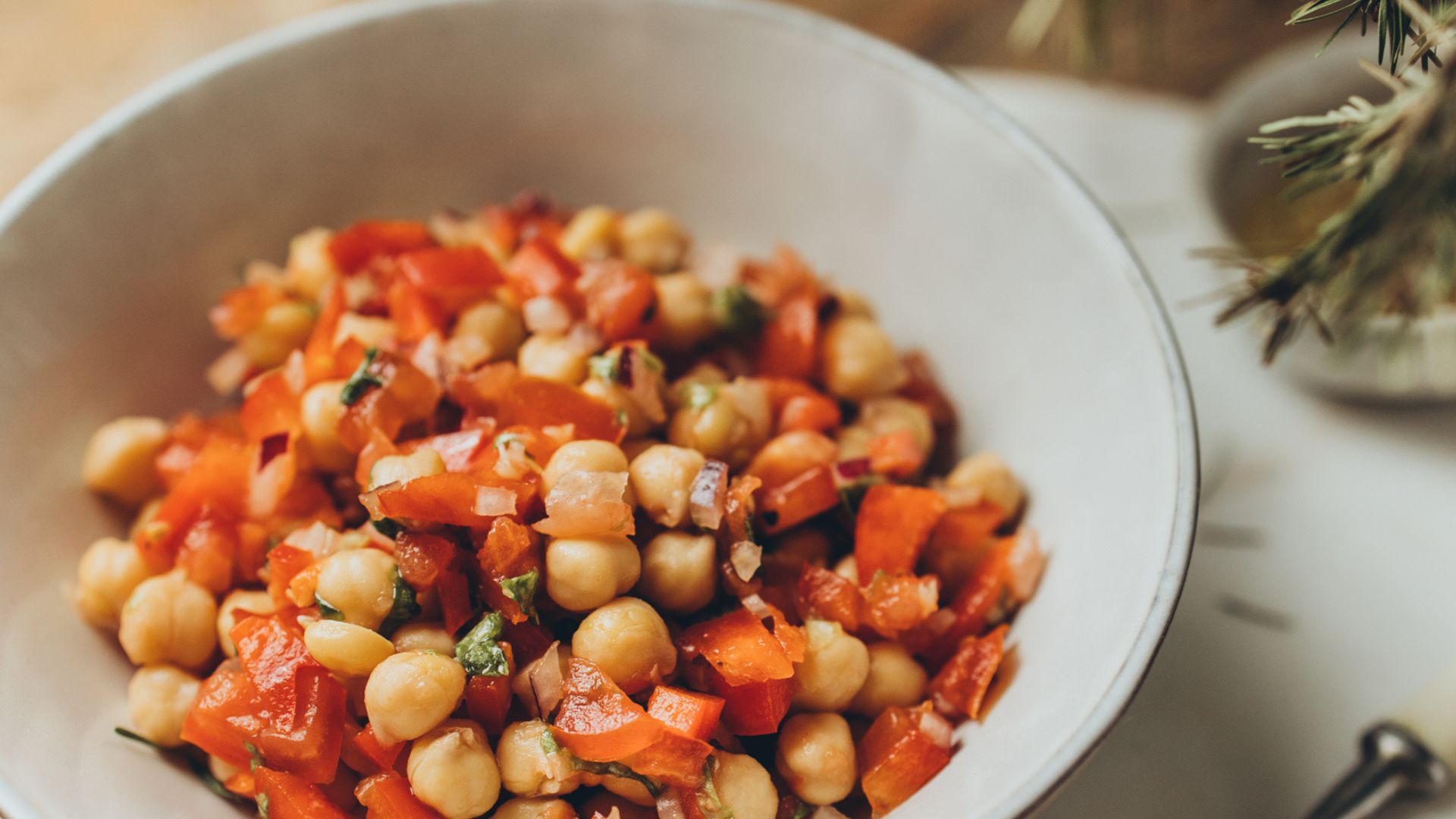
Chickpeas are another food rich in phytoestrogens, a plant compound that mimicks the effects of the hormone in much lower doses in the body. A simple way to get more of these phytoestrogens into your diet is to add a can of chickpeas to a bolognese or pasta sauce.
You can also easily make basic hummus with chickpeas, olive oil, and lemon, offering a further combination of healthy fats and vitamins.
18. Quinoa
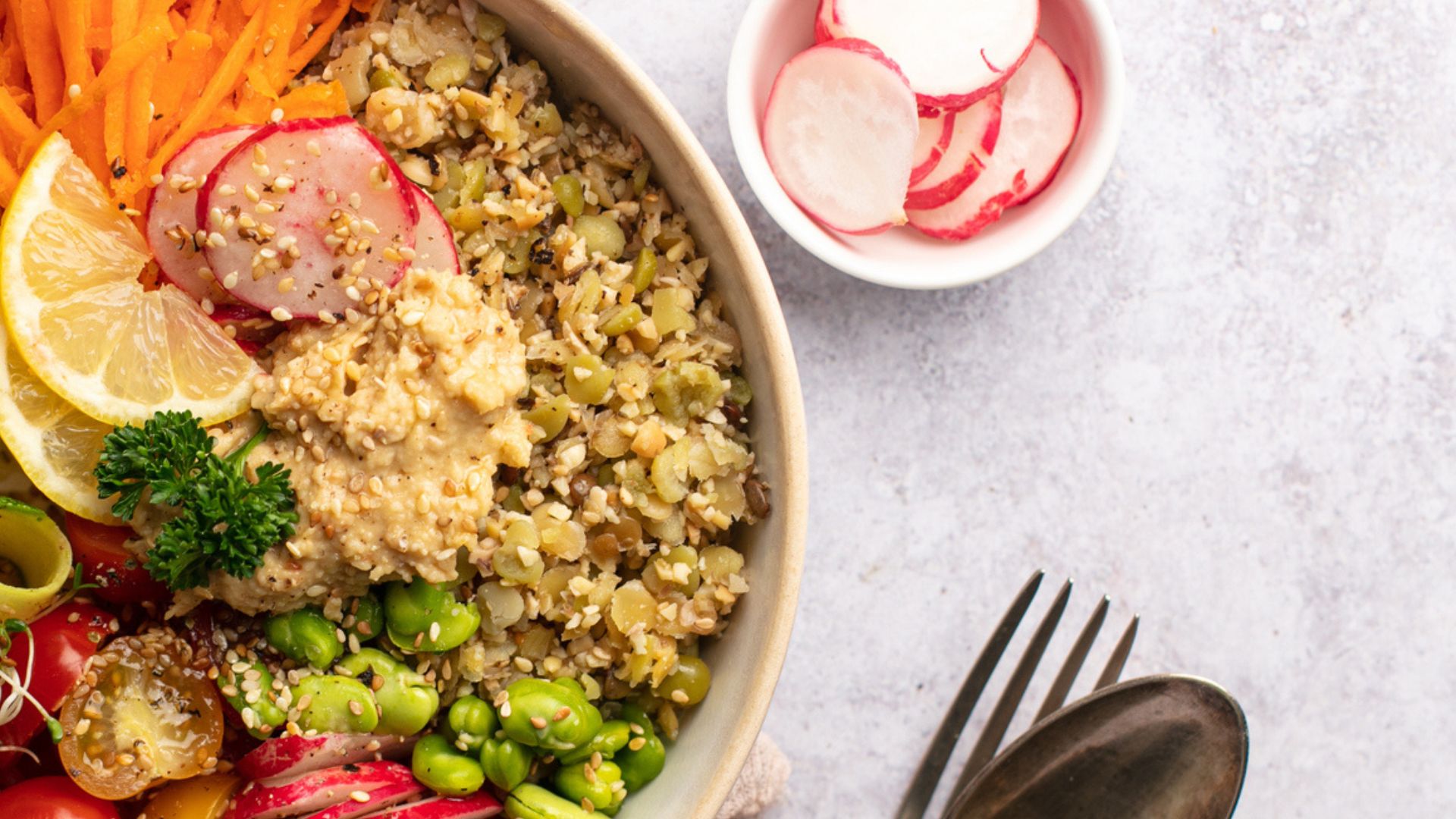
Quinoa is another type of popular wholegrain with vitamins, fibre, and protein to help those about to go through menopause. This whole grain is also rich in magnesium, a mineral that can help protect bones and joints, and help you sleep better.
Plus, it's gluten-free, so those with dietary requirements can also enjoy the benefits.
19. Plums
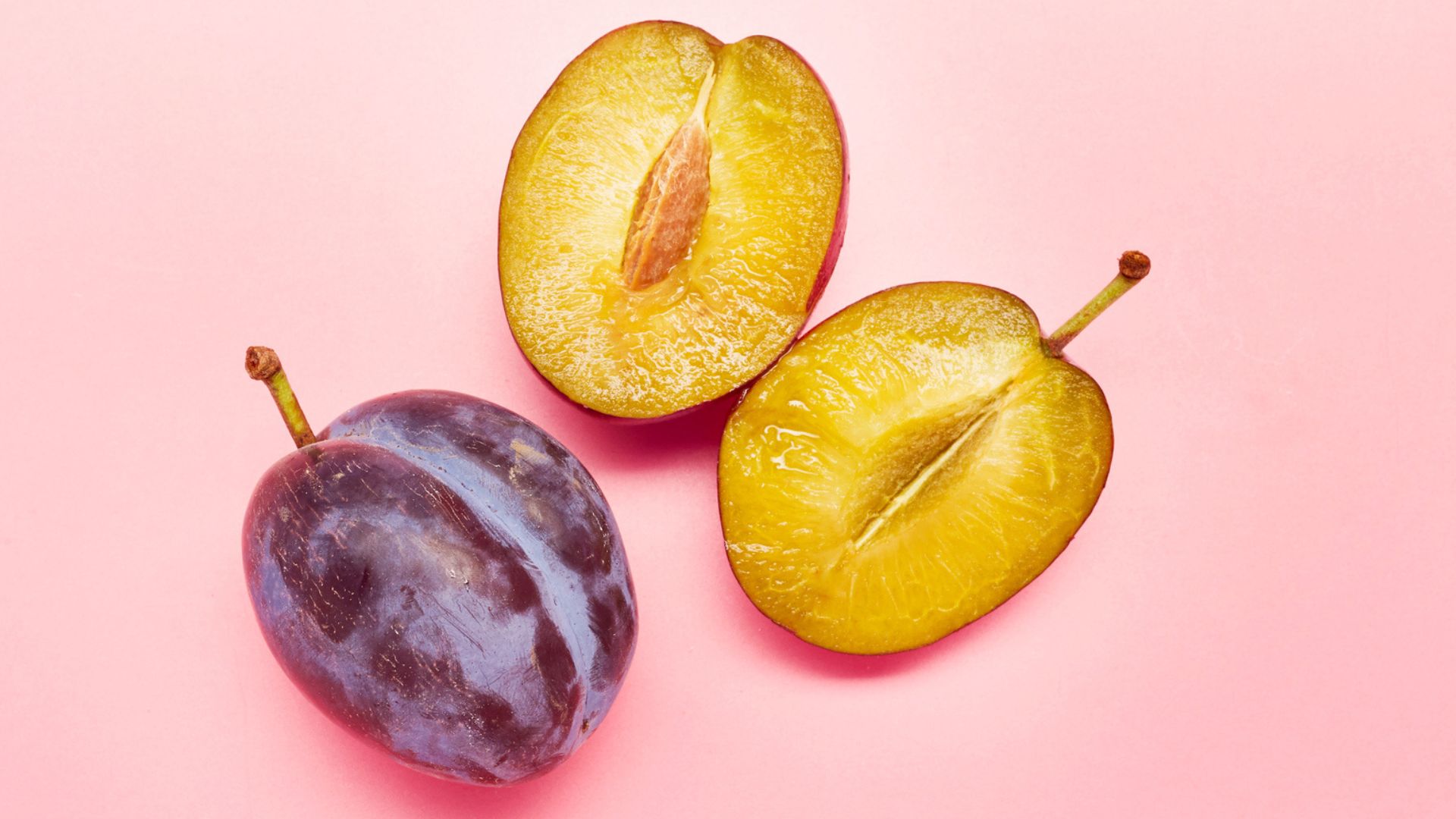
Plums are another food rich in important phytoestrogens - plant compounds that minimally mimic the effects of the hormone in your system. Research shows that including these in your diet in the lead up to menopause may benefit your health post-menopause, by improving bone health and lowering the risk of cardiovascular disease.
20. Oats
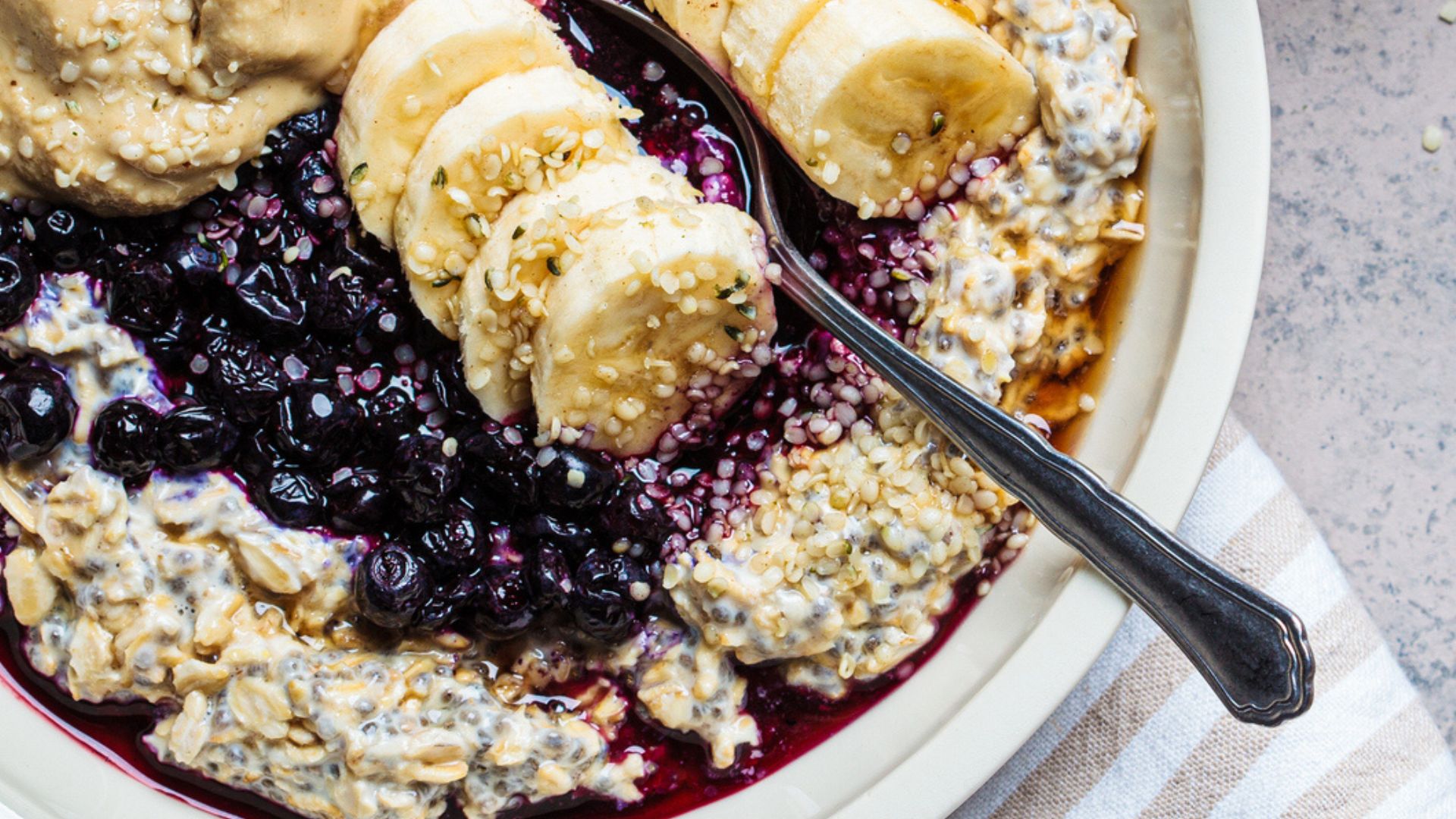
Switching to overnight oats or porridge for your breakfast could have a positive impact on your health leading up to menopause as these wholegrain are rich in B vitamins, which can help fight inflammation, and macronutrients like fibre and protein.
Combine with dairy milk, bananas and berries for the ultimate filling, hormone-healthy breakfast.
21. Berries
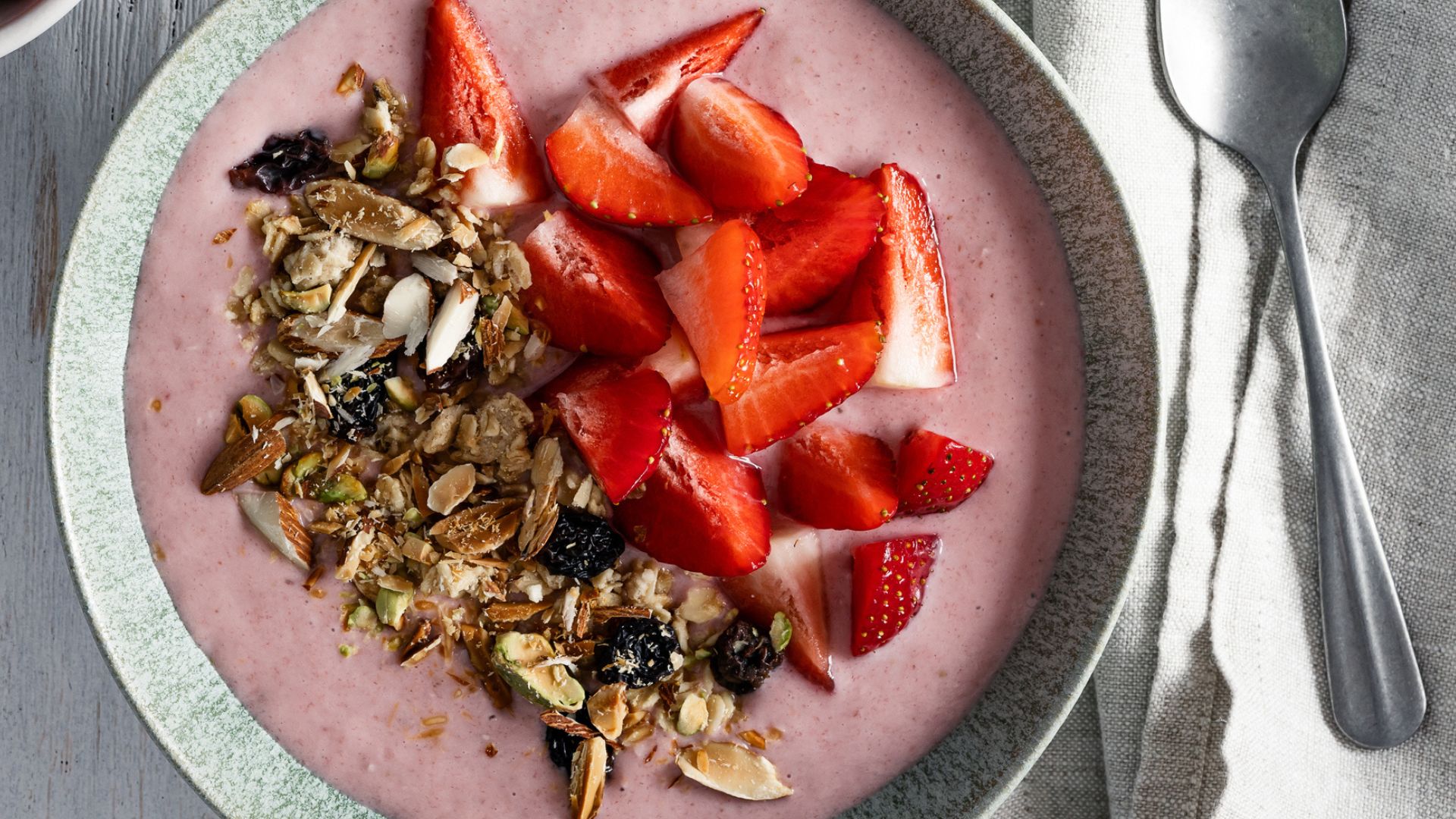
Dark berries are a catch-all fruit to add to your diet pre-menopause, for benefits to your digestive and immune system. They also tend to be more filling than other types of fruit thanks to their fibrous makeup.
Also, in a small two month study of 60 post-menopausal women, those who ate 25g of freeze-dried strawberry powder per day had lower blood pressure than those in the control group who didn't have the powder. While more studies would be needed to confirm the results, it's promising!
22. Rye
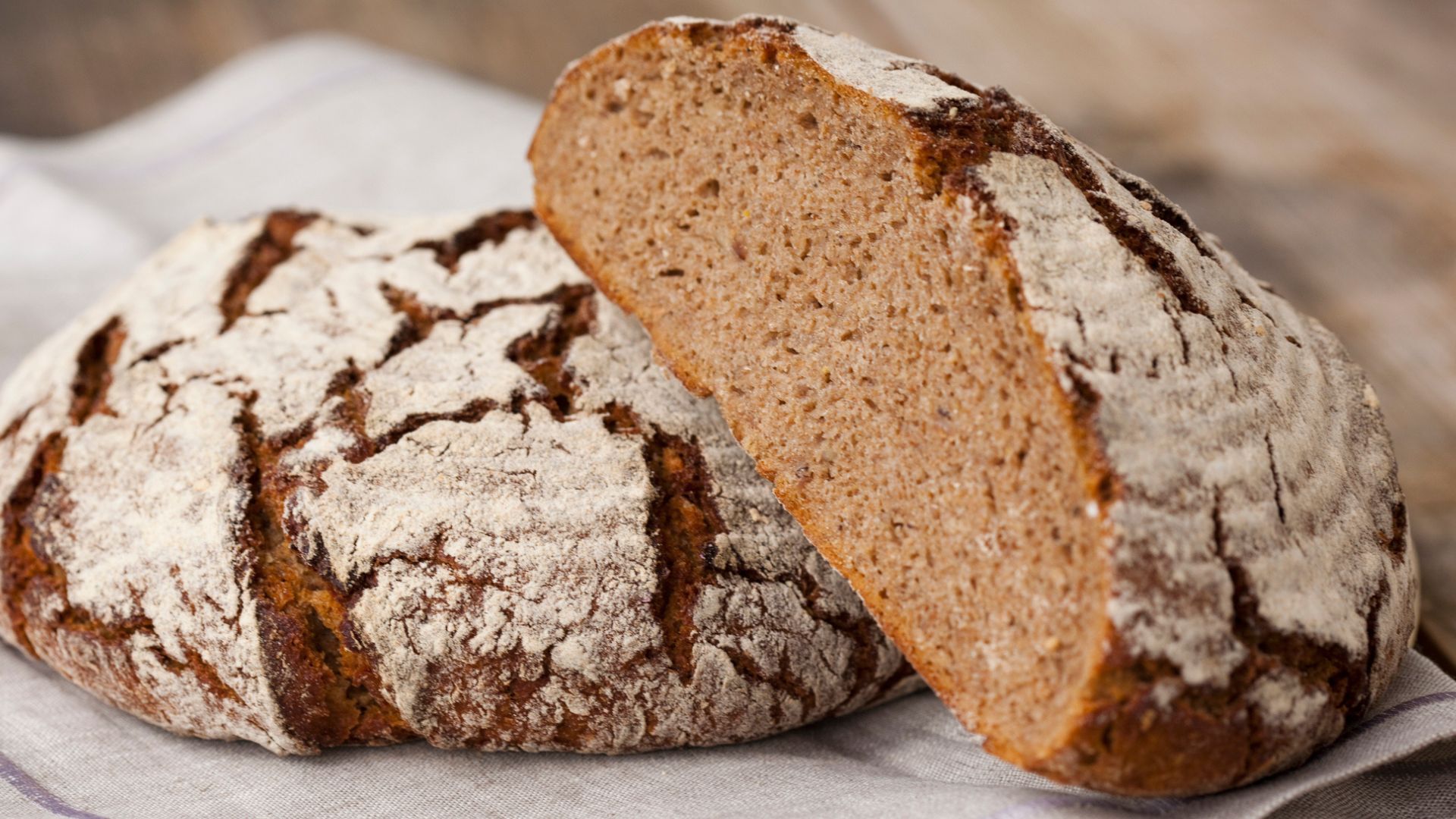
Rye is perhaps one of the most undervalued whole grains. It's rich in B vitamins, fibre, and protein, all of which contribute to a healthy body in the lead up to menopause. You'll find rye on its own among the barley, quinoa, and other whole grains, or you can buy it included in other whole grain varieties - such as whole wheat bread.
23. Green tea
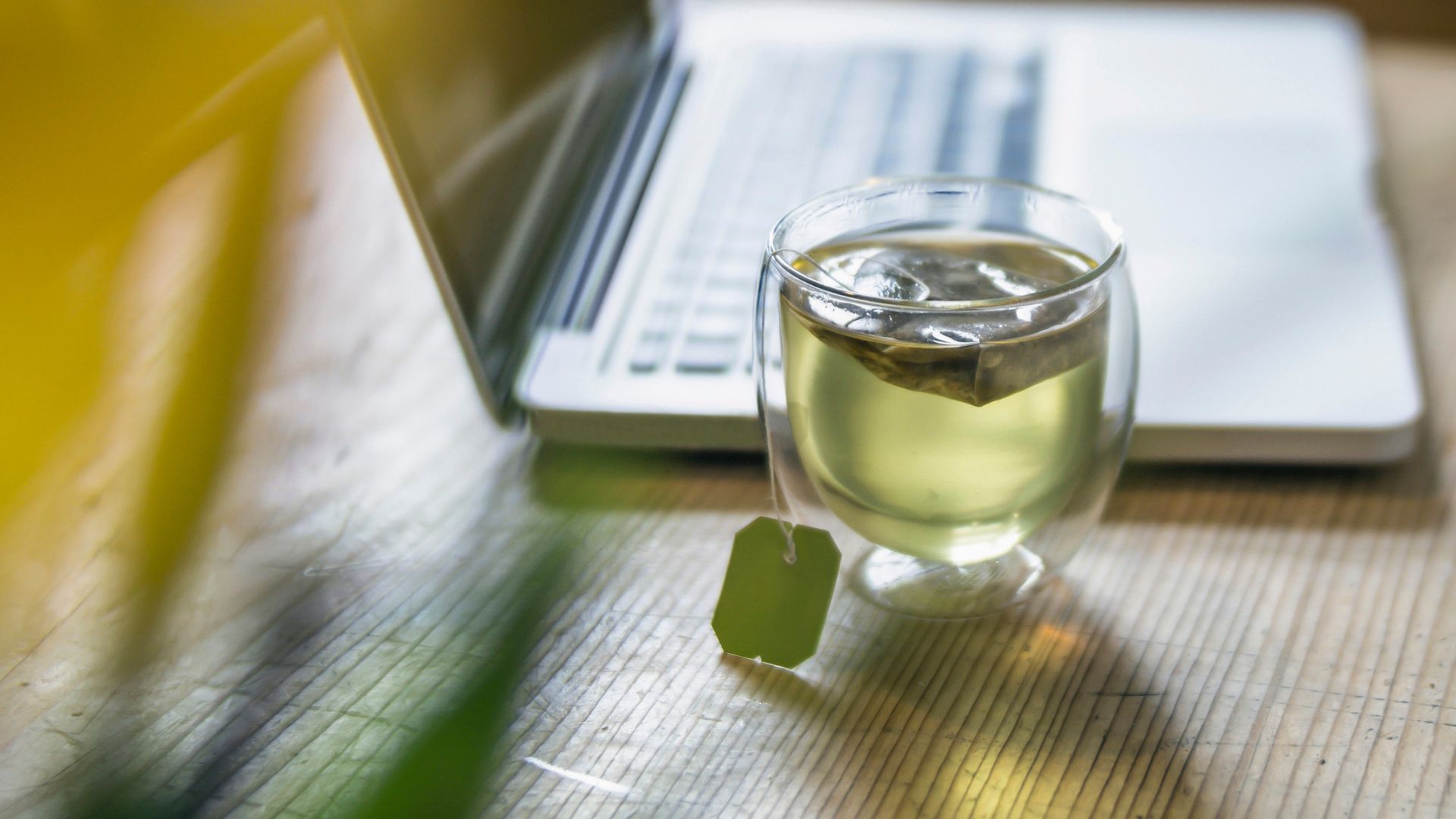
As much as there are foods you may want to include in your diet pre-menopause, there are ones you'll want to avoid as well. This includes caffeine - a stimulant that wakes many of us up in the morning but can have detrimental effects on those going through perimenopause.
Green tea, which is also rich in anti-inflammatory properties, is one such caffeine alternative you can try.
24. Lentils
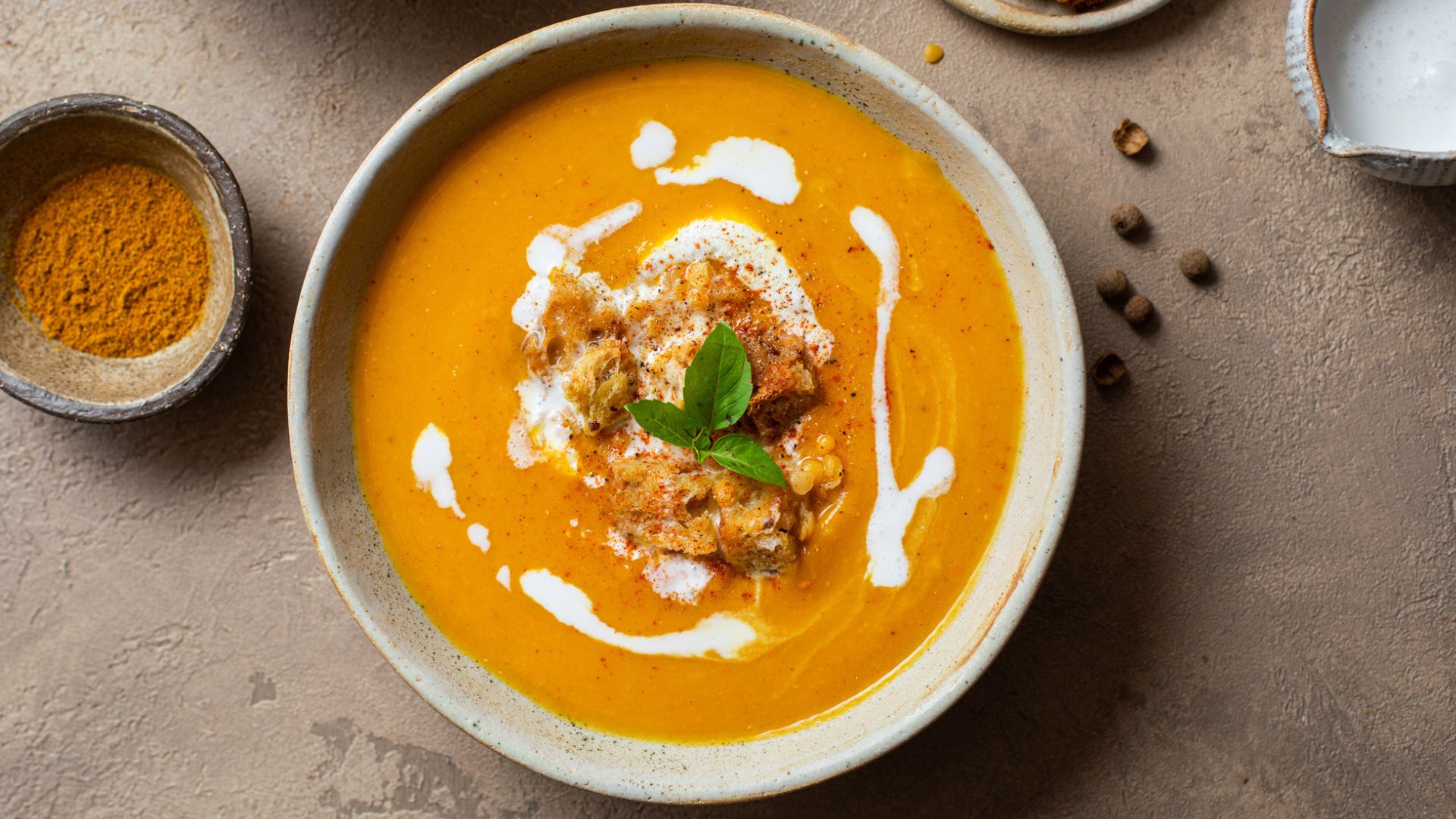
The decline in oestrogen in menopause is linked to a decline in bone and muscle mass, so it's important to keep your diet full of protein-rich foods (and take up some type of strength training) to help combat this.
Legumes are one such food to add to your diet and include lentils, pulses, chickpeas, broad beans, peas, and peanuts and more.
25. Black tea
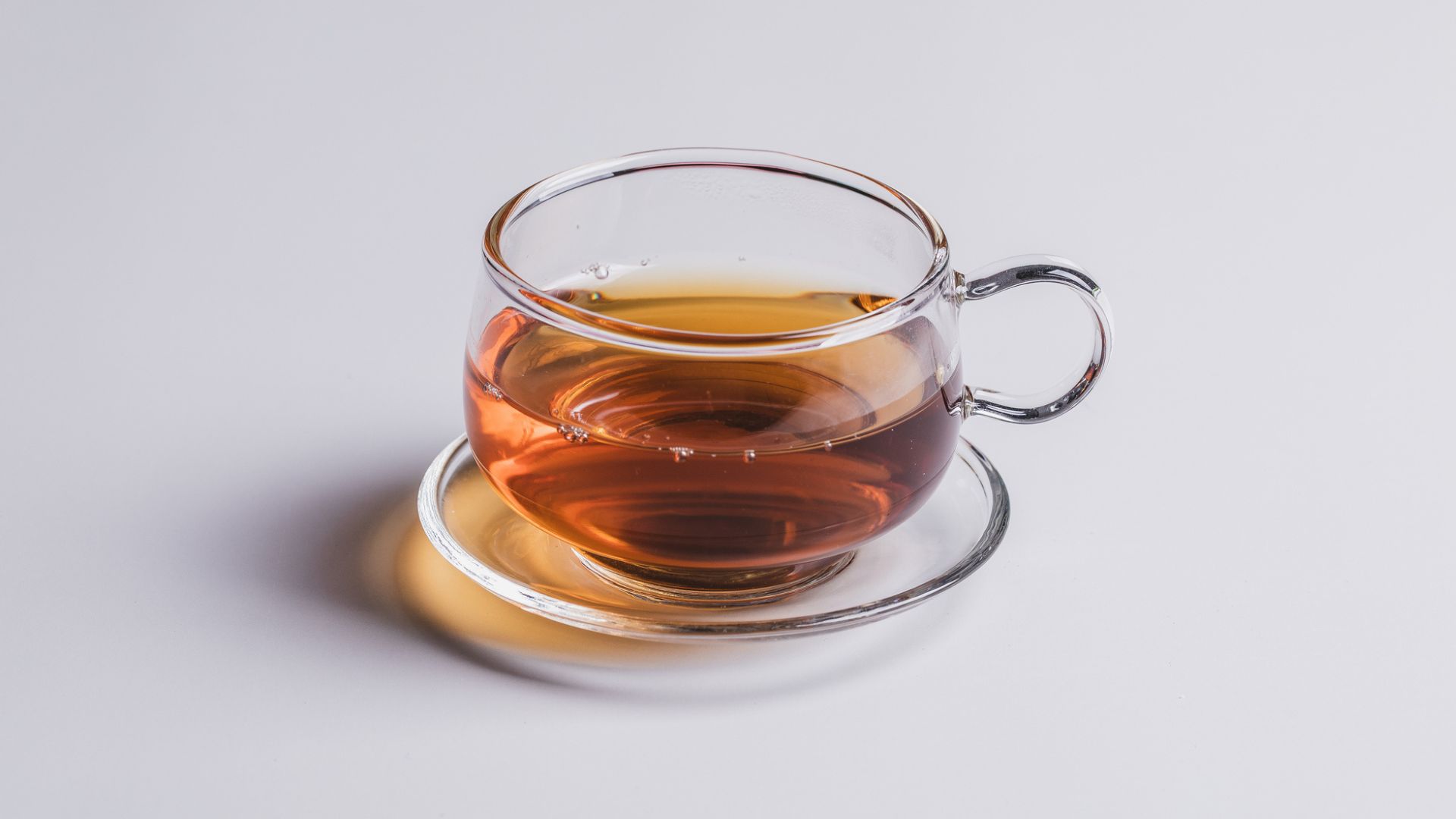
Many varieties of tea contain phytoestrogens, small plant compounds that look structurally similar the hormone and work in a fairly similar way - just much weaker. Black tea is one of these.
It's also one of the better alternatives to coffee if you're looking to cut back on your caffeine consumption in perimenopause. While black tea does still have some caffeine, it's less than coffee and some other alternatives.
26. Eggs
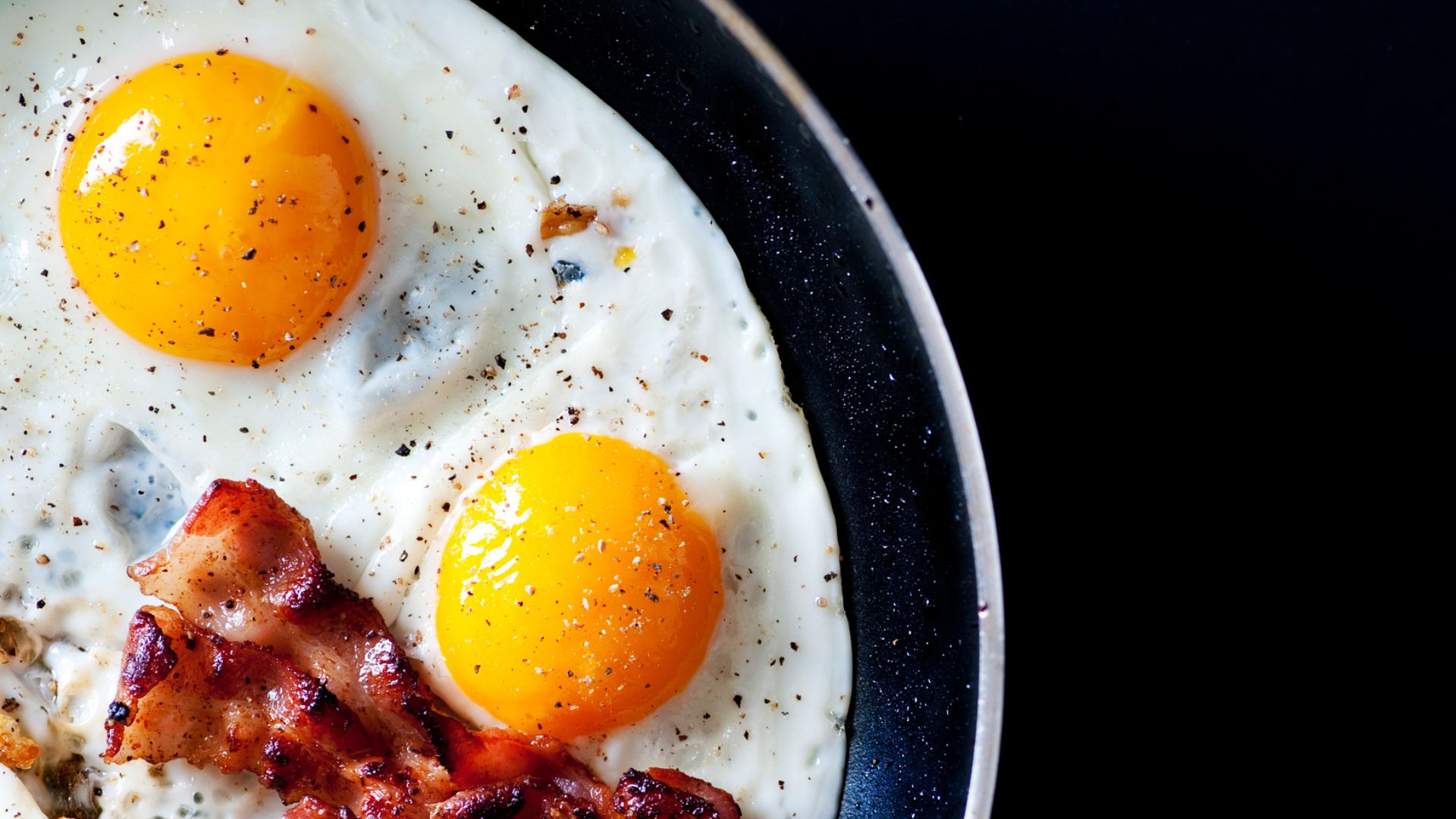
Eggs are rich in protein, one of the best macronutrients to keep topped up in your diet if you're going through menopause. With a decline in oestrogen comes a decline in bone and muscle mass, both of which can be avoided if you maintain a healthy protein intake and take up exercise like strength training.
As well as eating the whole egg, you can just use the whites to get your protein intake up. This is the part of the egg with the most amount of protein.
27. Protein powder
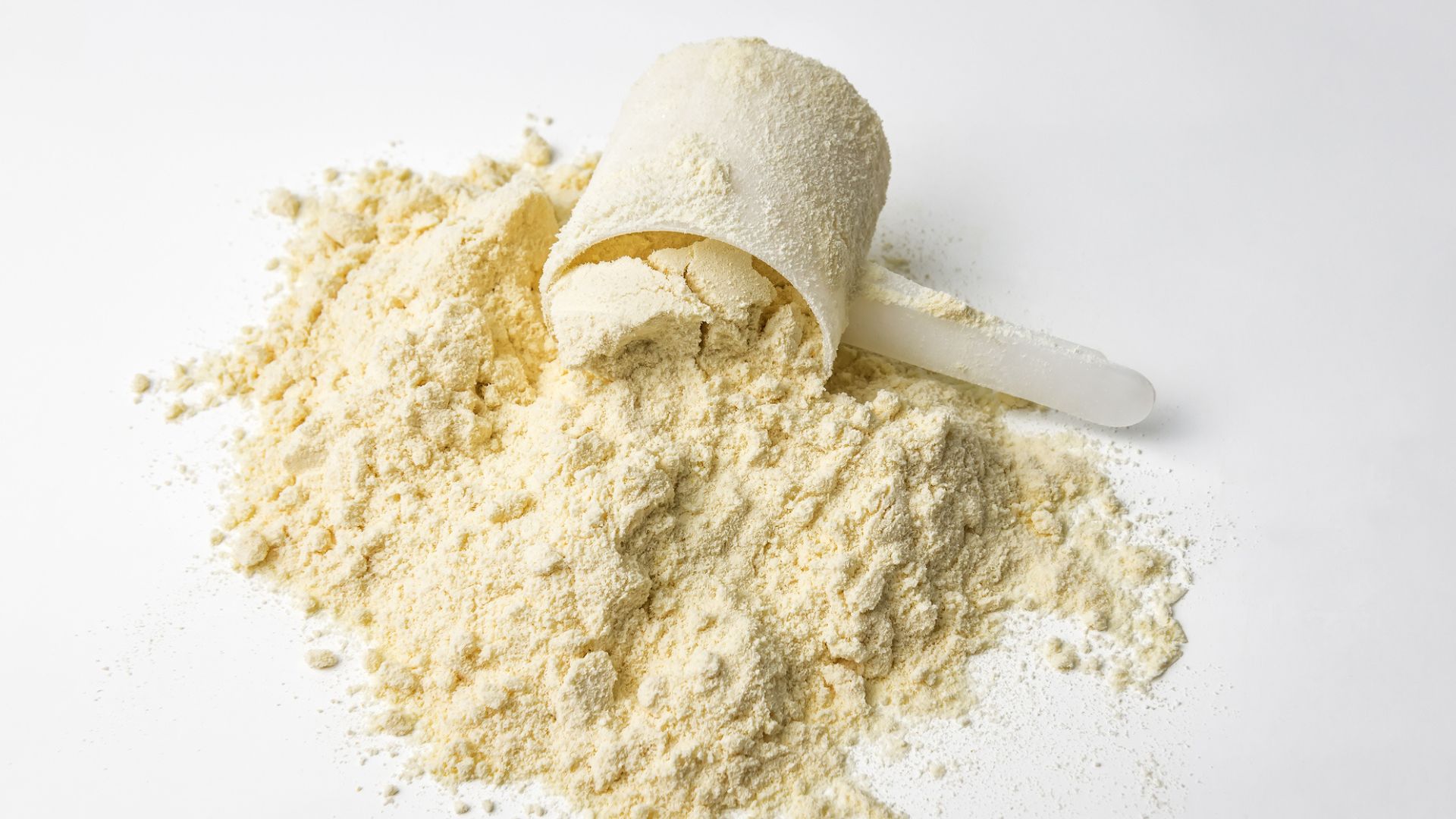
Protein powder made from dairy sources - rather than plant-based sources like soy or pea - is an excellent way of including more protein in your diet without necessarily changing your diet too much. With many of the best protein powders offering upwards of 20g of protein per serving, you don't even need too much to make a difference.
They also come in lots of flavours, making them a great healthy dessert alternative or smoothie addition.
28. Kombucha
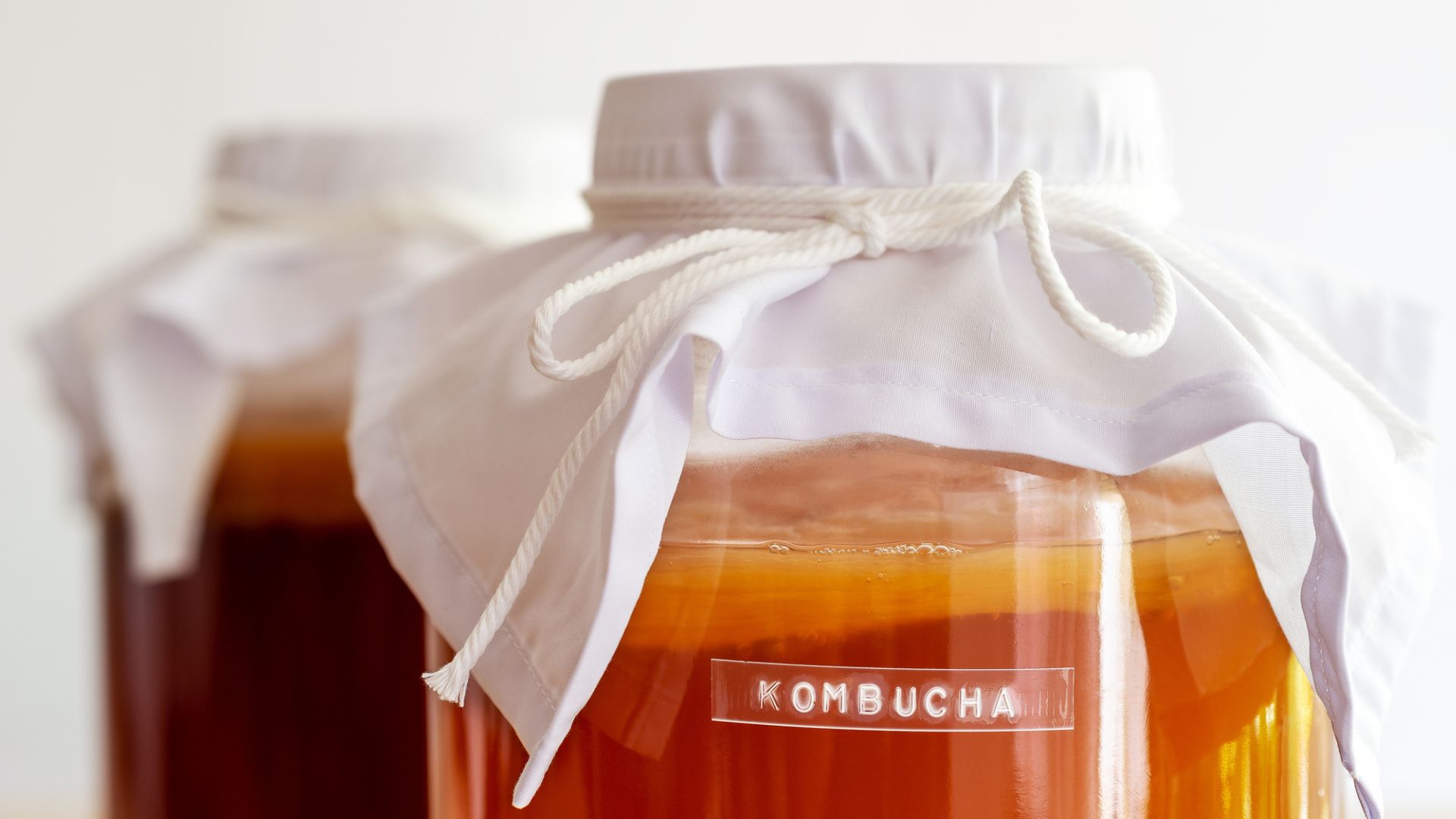
As well as being one of the best alternatives to alcohol, should you want to experience the benefits of cutting back in perimenopause, kombucha has a positive impact on your gut as it's a fermented food packed with probiotics.
Though scientists aren't too sure of the specifics around the link, it's recognised that the brain and the gut are linked via a gut-brain axis, which means that the health of one can influence the other.
29. Matcha
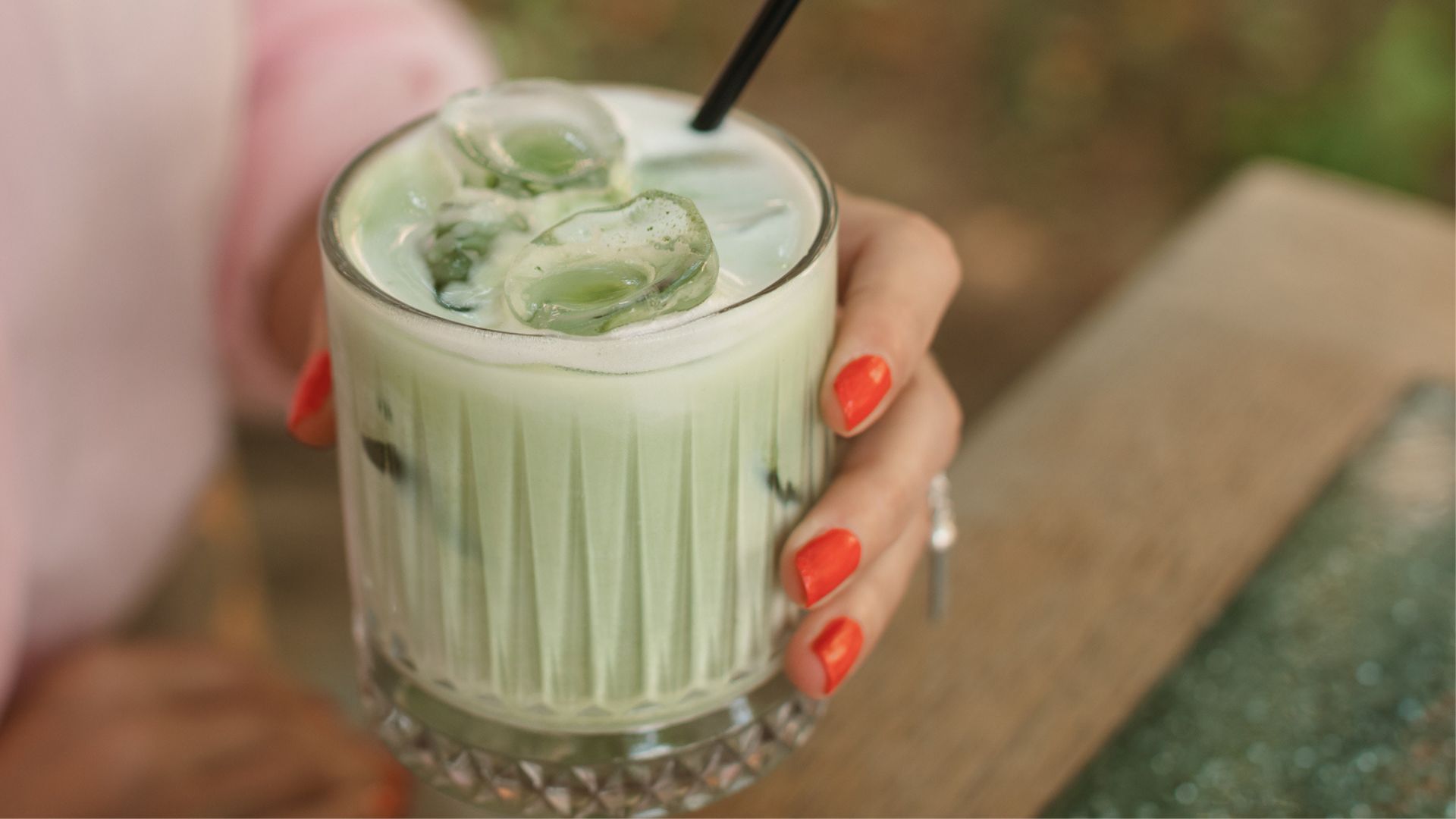
Matcha is another good coffee alternative to consider if you're looking to cut your caffeine intake in perimenopause. While it still does contain some caffeine, it's not as much as coffee, so you can cut back without feeling the hit all of a sudden.
It also has health benefits in its own right by helping to protect the liver, and promote heart health, and it's even been known to help with healthy weight loss.
30. Chicken
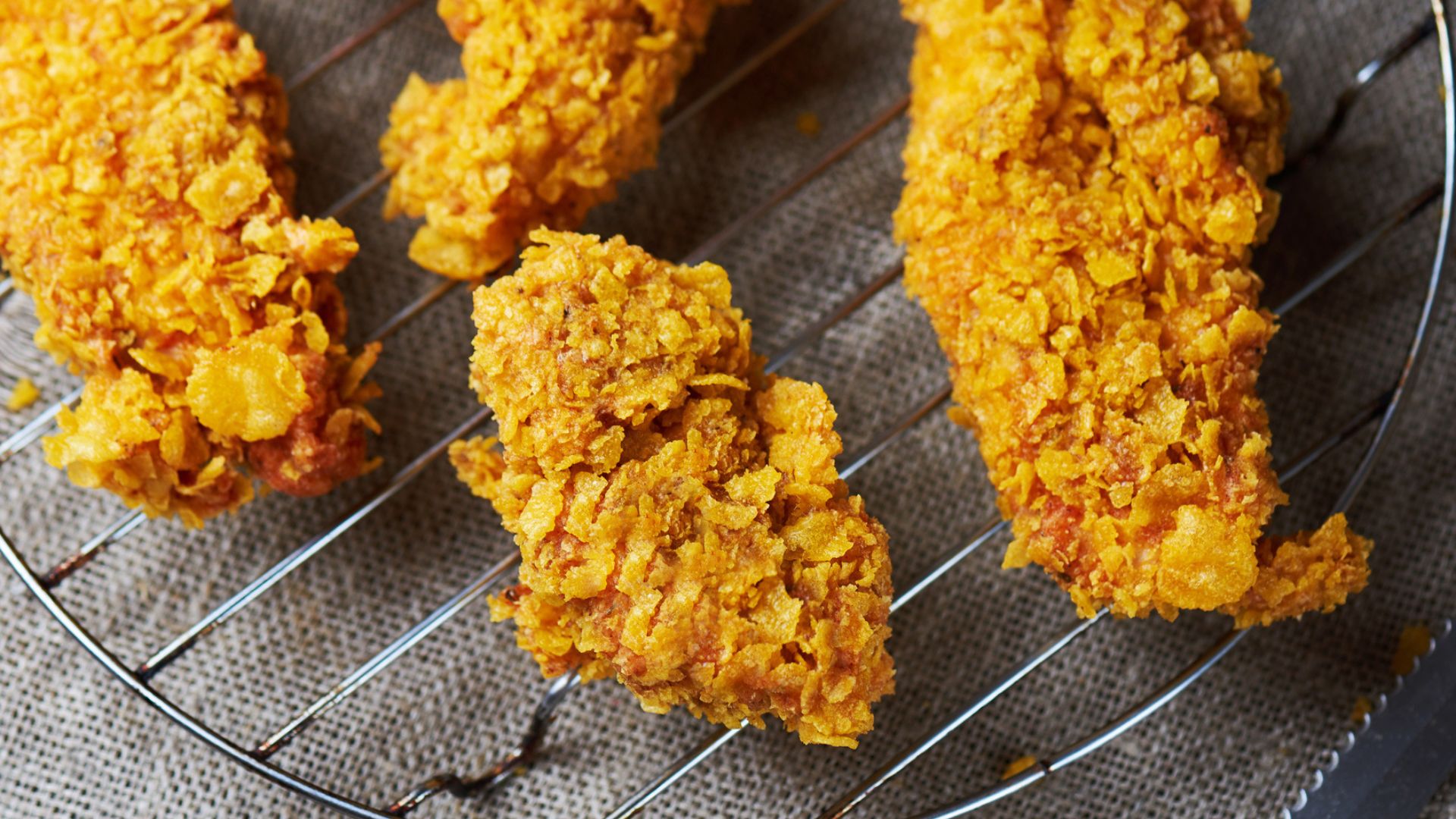
Where sources of protein are concerned, you can't get much better than chicken with an impressive 27g of protein per 100g of chicken. Incorporating this white meat into your diet, alongside regular exercise, can help reduce the impact of declining oestrogen on your bone and muscle mass.
It doesn't matter how you prepare it either - you'll reap the benefits regardless.
31. Ginger beer
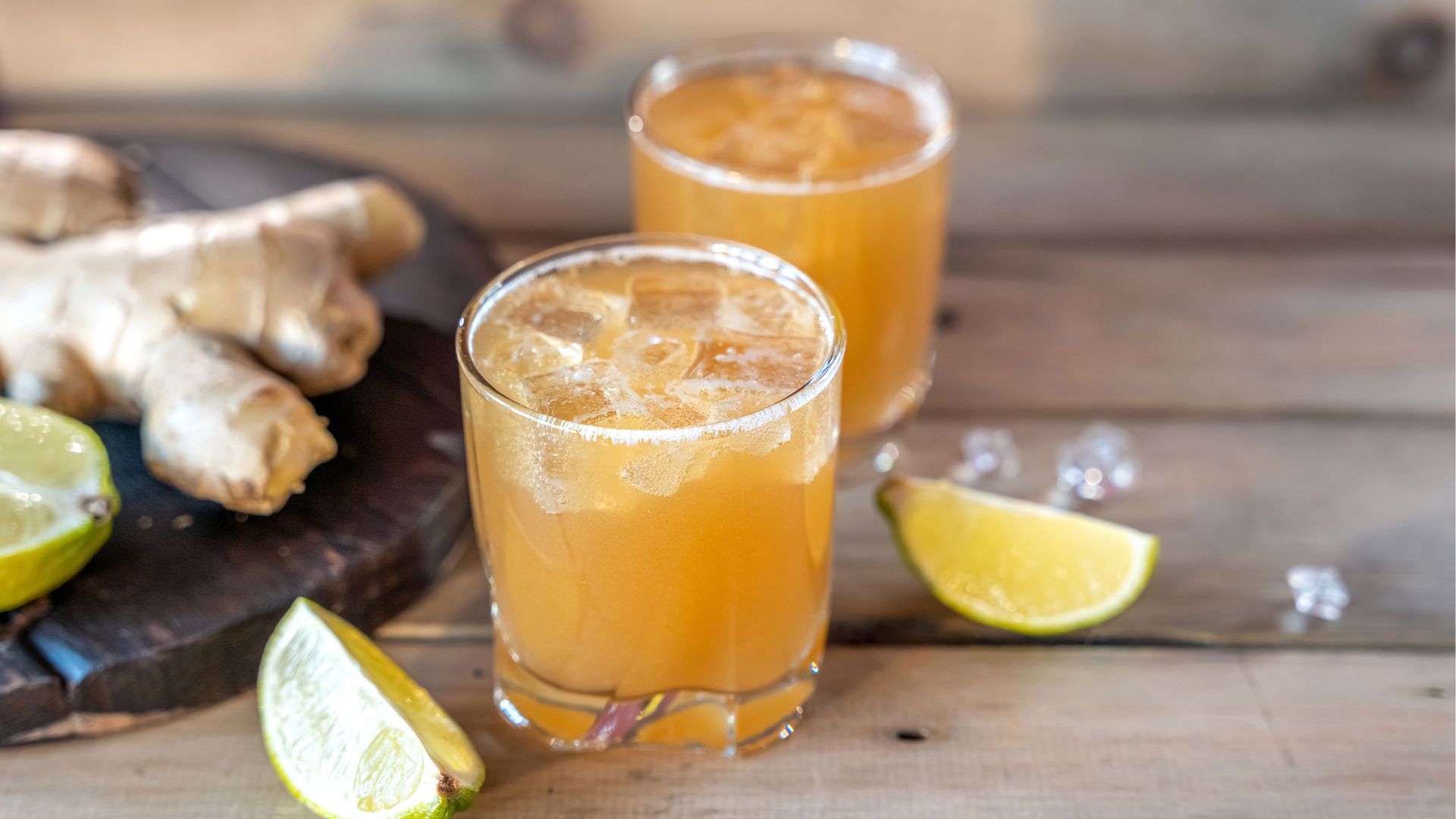
Many people decide to cut back on alcohol as they go through perimenopause. As well as being particularly calorific, so contributing to menopausal weight gain, alcohol can have a negative effect on the body and make some symptoms worse - especially hot flashes and night sweats. You may also find your hangovers get worse with menopause too.
One of the tips to drink less alcohol is to swap it out with an alternative - and ginger beer is one of the best.
32. Chai tea
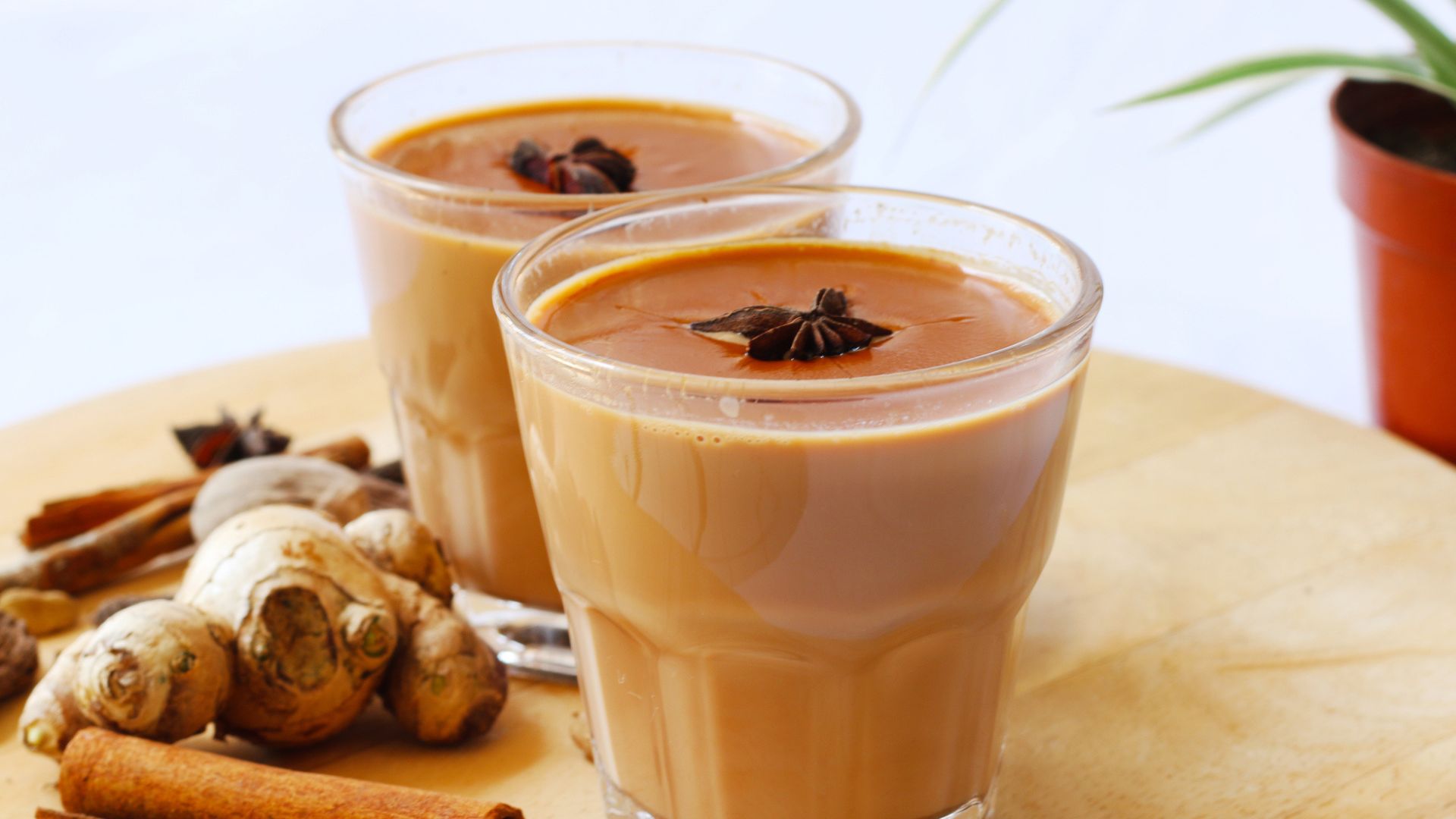
Chai tea still contains caffeine so you'll get your morning wake up call, but as it offers less caffeine per serving than coffee, you may miss out on some of the more negative effects that coffee can bring to those going through menopause.
It's also known to boost digestion, benefit heart health, reduce blood sugar levels, and aid with weight loss.







